Make your 2X MATCHED gift today!
This week only: Every $1 will be matched with $2 to enable women worldwide.
This week only: Every $1 will be matched with $2 to enable women worldwide.
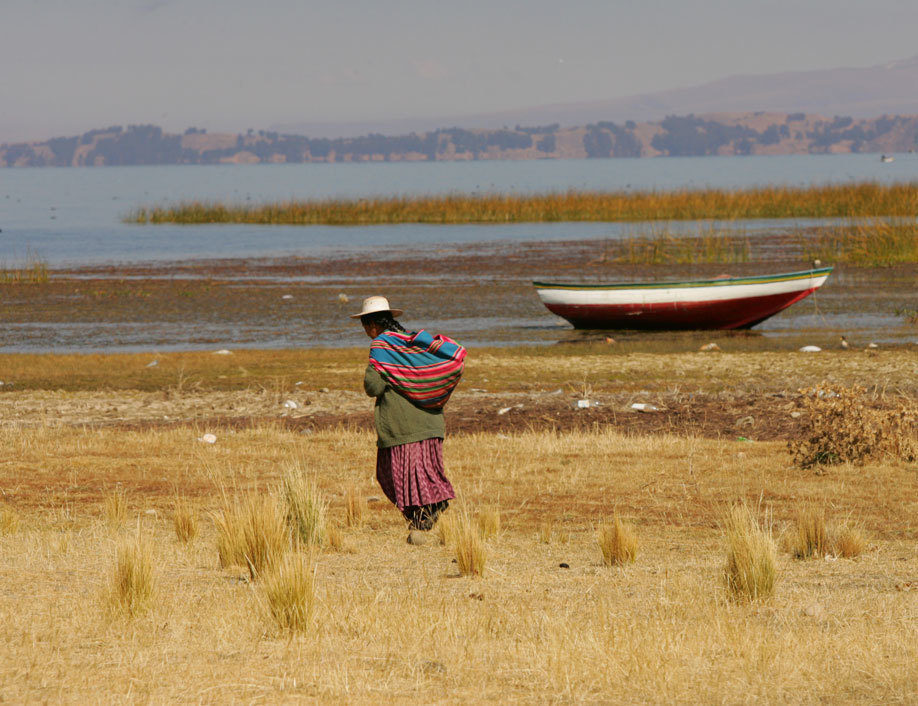
The integration of Grameen Foundation and Freedom from Hunger in October 2016 expanded our geographic footprint in Latin America, and our combined work, along with our partners, supports poverty elimination in Bolivia.
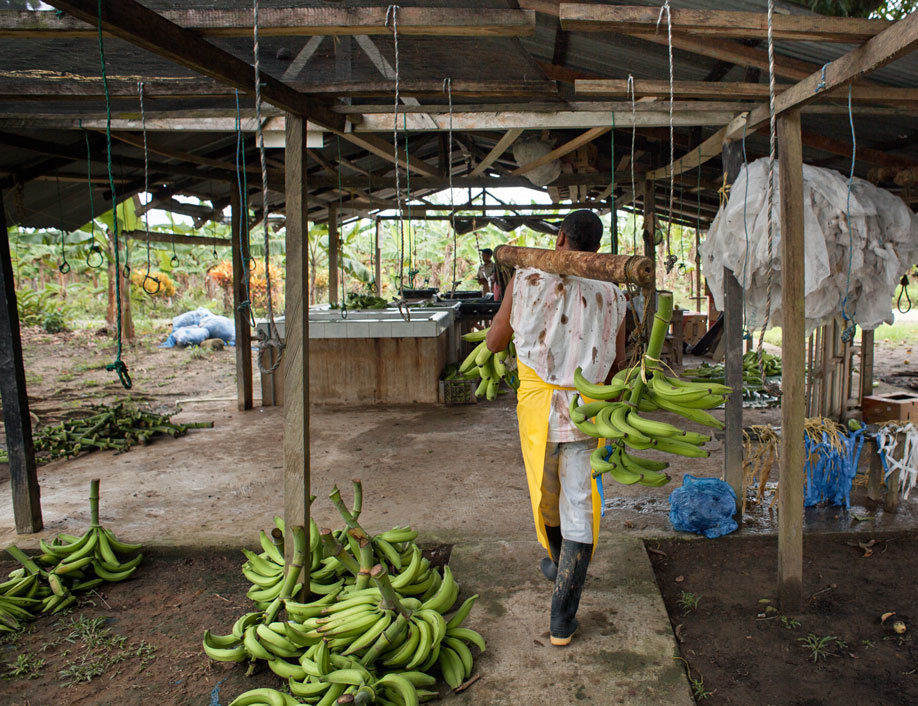
When Grameen Foundation began working in Colombia in 2011, the country was still recovering from decades of internal armed conflict and drug violence. Farmers were starting to return to their abandoned homes, and agriculture had emerged as a potential driver of change. Today, economic growth is favorable, and the new government is committed to fiscal discipline. Elected in 2018, President Iván Duque Márquez’s leadership platform is legality, entrepreneurship and equity.
But more than one-in-three Colombians live below the poverty line; 7 million are poor and another 2 million are living in extreme poverty. Today, 12 million rural people depend on agriculture for their livelihoods, and more than half of these are food insecure.
A key part of our work in Colombia has been to help transform and develop rural communities hard hit by the conflict. Our work has focused on building the resilience of Colombia’s smallholder farmers and helping them to join both the formal financial system and agricultural markets. We have helped digitize supply chain processes and product aggregation to improve quality of life for farmers, deploy and expand farm development and management plans and developed risk assessment tools for farmers with limited history of cash-flow. Advancements include using farm-level data, rather than collateral, to assess lending risk, changing lenders’ perceptions of farmers, enabling more smallholders to obtain loans and connecting small-scale farmers to markets and training that could help them earn a higher income, such as Fair Trade and Starbucks’ C.A.F.E standards.
We are currently working to support the development, application, and expansion of financial, commercial and technical agricultural services for smallholder farmers, especially women and youth, to generate sustainable, broad-based economic growth and job creation. In collaboration with USAID, Partners of the Americas and using the Bankers without Borders (BwB) platform, volunteers will participate over five years with host organizations, directly and indirectly, impacting smallholder farmers and entrepreneurs.
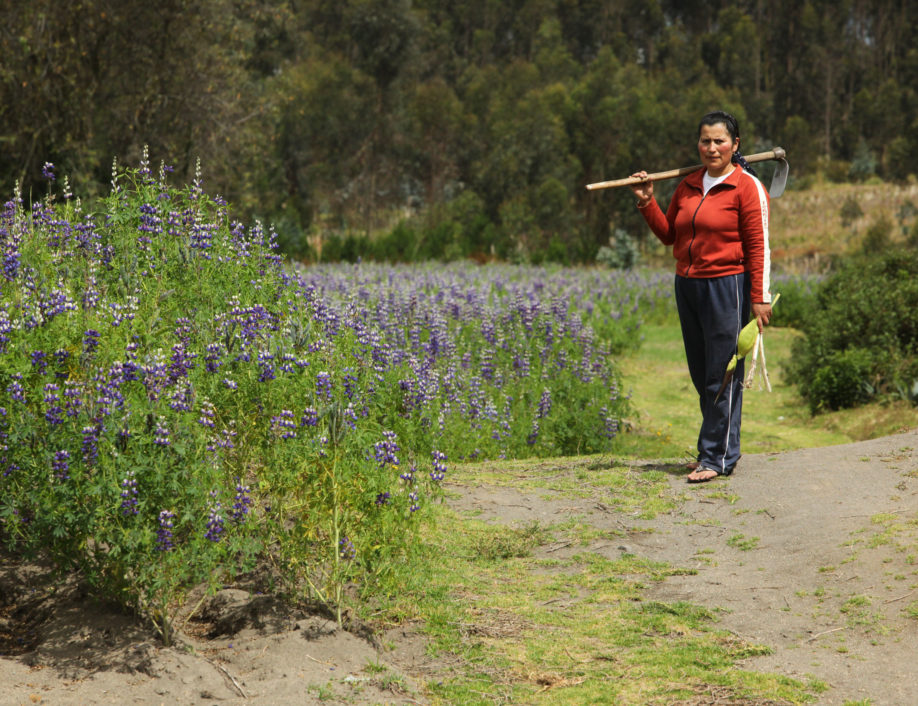
In Ecuador, in partnership with Ecom Agro Industrial Corporation Limited (ECOM/Agroarriba) and Agriculture Risk Evaluation Tool (ARET), we are currently helping to pilot innovative approaches that improve farmer productivity, resilience, and adaptation to climate change.
In Ecuador, Agroarriba, a subsidiary of ECOM, is engaged with MIF in piloting innovative approaches that improve farmer productivity, resilience, and adaptation to climate change. Many of the small-scale producers that Agroarriba works with have little exposure to agriculture techniques and financing for agriculture intensification, such as drip irrigation, that have been successfully implemented on larger farms. The pilot is part of a larger project that will explore the implementation of risk sharing mechanisms, such as credit guarantees, that allow climate smart cocoa to be interesting for banks or other financial institutions as well as favorable for producers. Thus, in partnership with Oikocredit and Netafim, a leading irrigation company, Agroarriba set out to test the commercial viability of drip irrigation innovations with small-scale producers.
Grameen’s role is to help develop 1) a loan product for a drip irrigation that accounts for the seasonal nature of farming and the needs and preferences of producers in rural area, and 2) an alternative credit scoring model that can help streamline the lending process while fostering production levels and loyalty among cocoa producers.
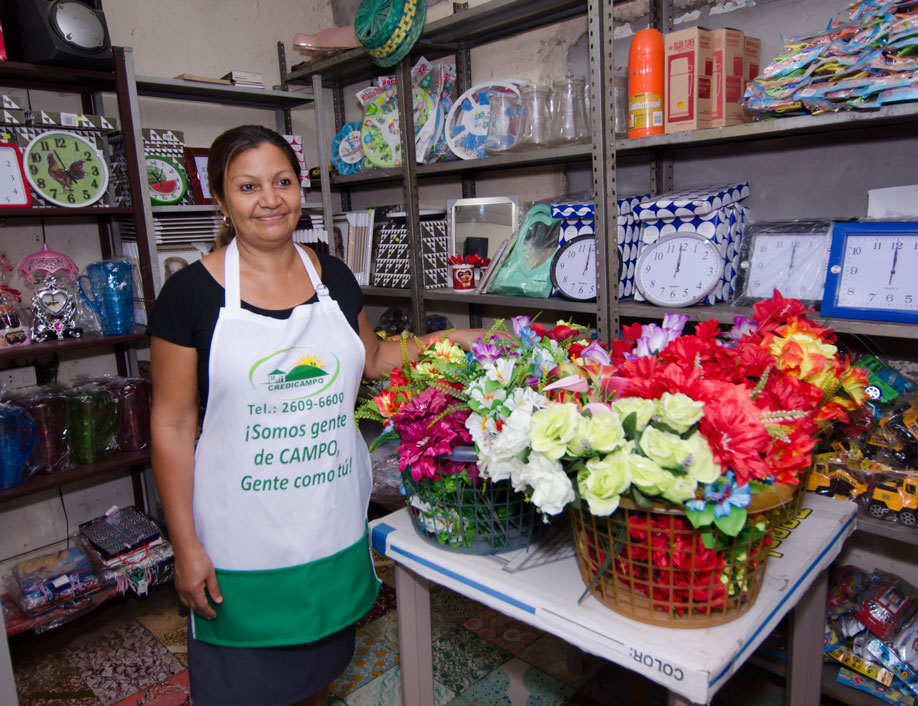
Grameen Foundation began supporting economic development in El Salvador in the early 2000s, providing technical assistance, funding and technology advice to local microfinance organizations a decade after a devastating civil war. Though the level of poverty has dropped significantly in the last fifteen years, 29 percent of Salvadorans still live in poverty, with 8.5% living in extreme poverty.
Today, Grameen Foundation is working to reduce the barriers female entrepreneurs face in accessing finance and growing their businesses and advancing the status of women. In collaboration with the United States Department of Labor, the RICHES project aims to integrate the issues of child labor alleviation and acceptable conditions of work into women’s economic empowerment initiatives by putting a new toolkit directly in the hands of policy makers and service providers.
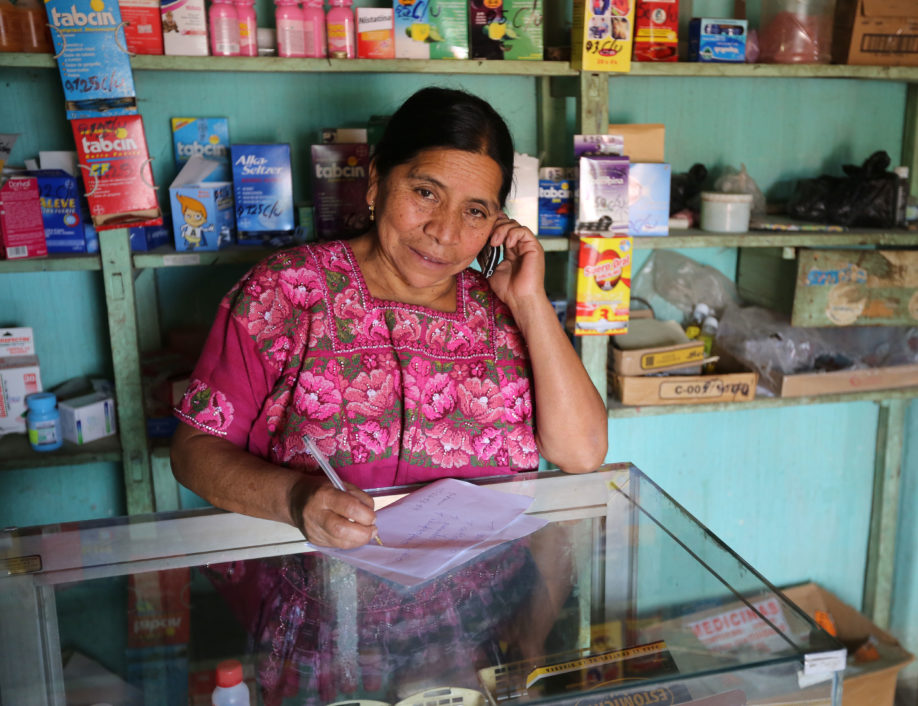
The integration of Grameen Foundation and Freedom from Hunger in October 2016 expanded our geographic footprint in Latin America, and our combined work, along with our partners, supports poverty elimination in Guatemala.
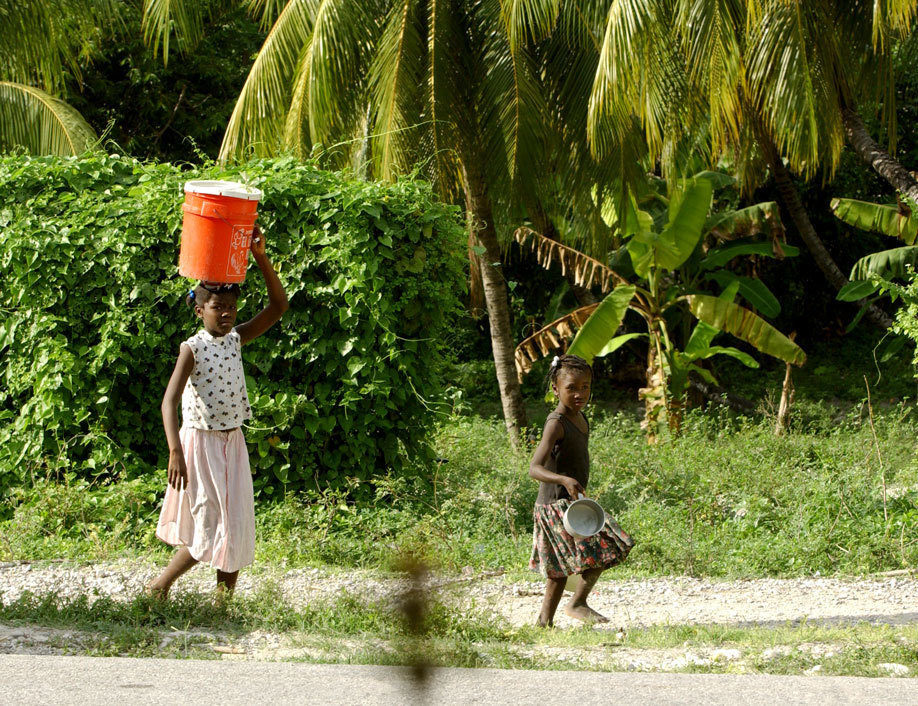
The integration of Grameen Foundation and Freedom from Hunger in October 2016 expanded our geographic footprint in Latin America, and our combined work, along with our partners, supports poverty elimination in Haiti.
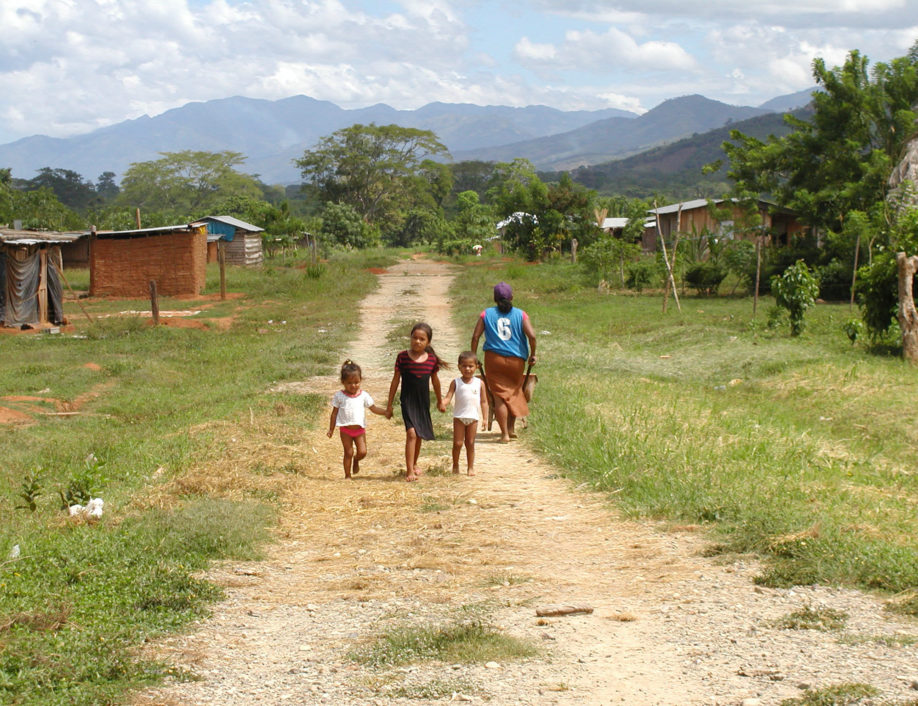
More than 17 percent of Hondurans live in abject poverty while another 53 percent live in mid-level poverty, making it one of the poorest and most vulnerable countries in the world. High inequality also means Honduras has one of the smallest middle classes in Latin America and one of the highest in the world. Its geographic location makes it hugely susceptible to hurricanes, drought and other natural events that disproportionately affect the poor. Migration is pushed by high crime and fewer money transfers, a result of Hondurans emigration.
Grameen Foundation is currently working on reducing the barriers female entrepreneurs face in accessing finance and growing their businesses and advancing the status of women through the WAGE-led Reducing Barriers to Women’s Economic Empowerment (WEE) in Central America Initiative.
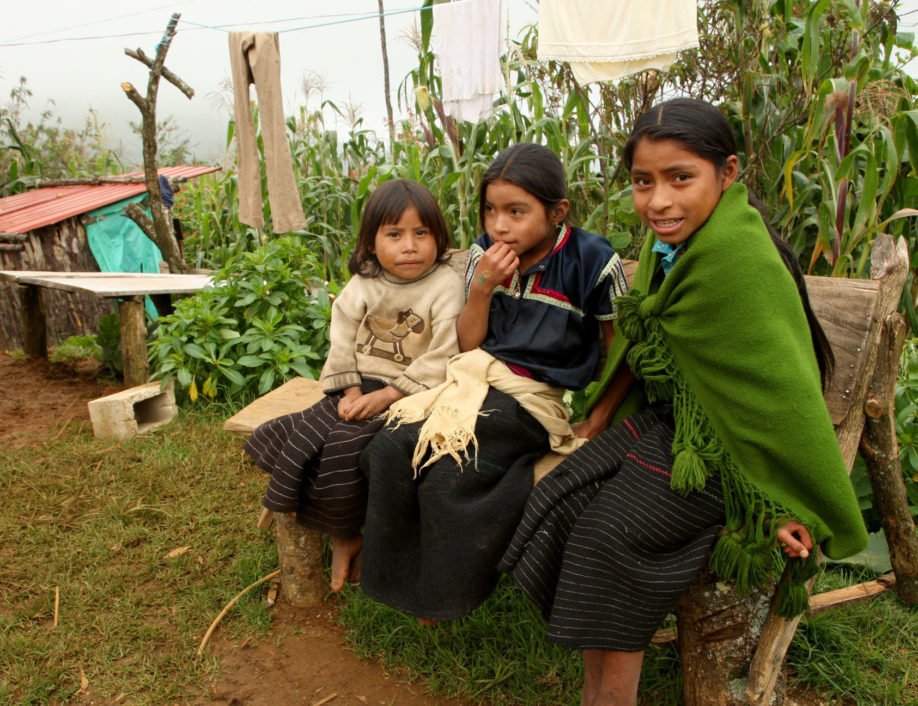
In 2005 we began our work in Mexico to help microfinance institutions achieve their social objectives and increase their ability to provide high quality, client-responsive services to poor clients. In 2014 our work expanded to include women’s savings groups. We launched our Saving for Change program in two Mexican states where traditional microfinance had not reached the rural communities of the chronically poor.
Key projects in Mexico have included training front line officers of microfinance institutions through an innovative e-learning curriculum so they are better able to serve the special needs of poor clients and using creative broadcast communications, such as radio soap opera, tablet learning apps and text messaging to build the financial capacity of poor rural women, while at the same enabling financial institutions to better understand and serve their clients.
Also in 2005, FFH Alcance was formed by Freedom From Hunger and later merged with Grameen Foundation in 2016. FFH Alcance’s purpose is to bring to Mexico, Central America and the Spanish speaking Caribbean social finance sector the best methodologies for integrating microfinance with added value services. Examples of value-added services include non-formal education for developmental organizations, training, design, product development and professional consulting to facilitate safe and nuetral idea exchange, and PROPEL, an online learning platform delivering professional training to field staff.
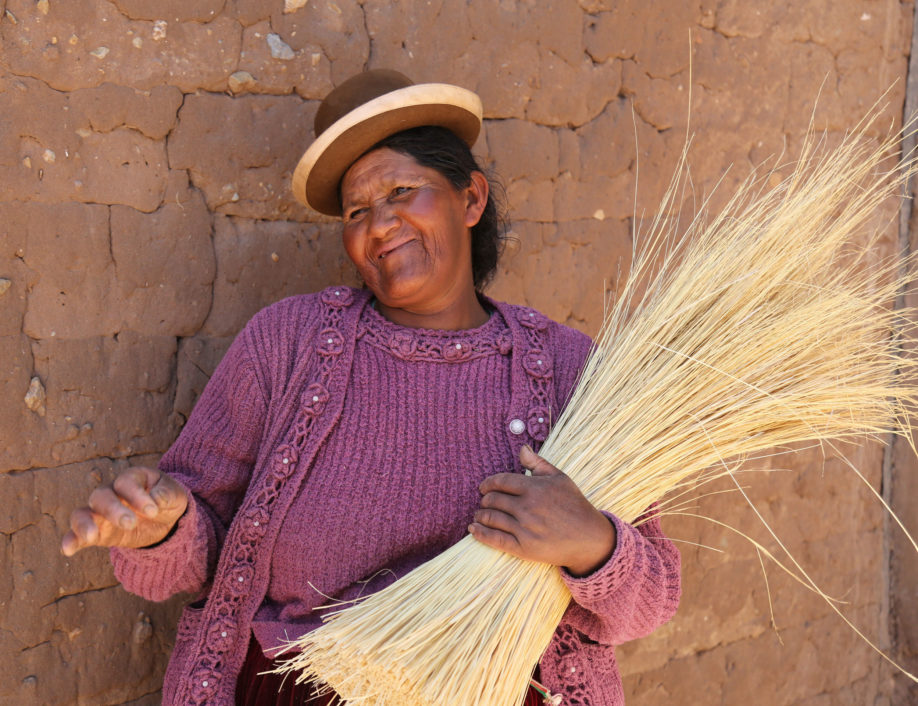
Our work in Peru has strengthened local partner organizations that provide direct services to families at the base of the economic pyramid. We increased the ability of partner organizations to provide responsive client services through the delivery of high-quality curricula, training services, and consulting.
Our specially designed e-learning courses built the skills in frontline officers of microfinance institutions—those who lead women’s savings and credit groups. The courses strengthen front-line staff skills in consumer protection, group facilitation, techniques for delivering non-formal education, and microcredit products management.
We have also worked to design and test stress-reducing curricula and activities for rural health fairs that serve poor indigenous women.
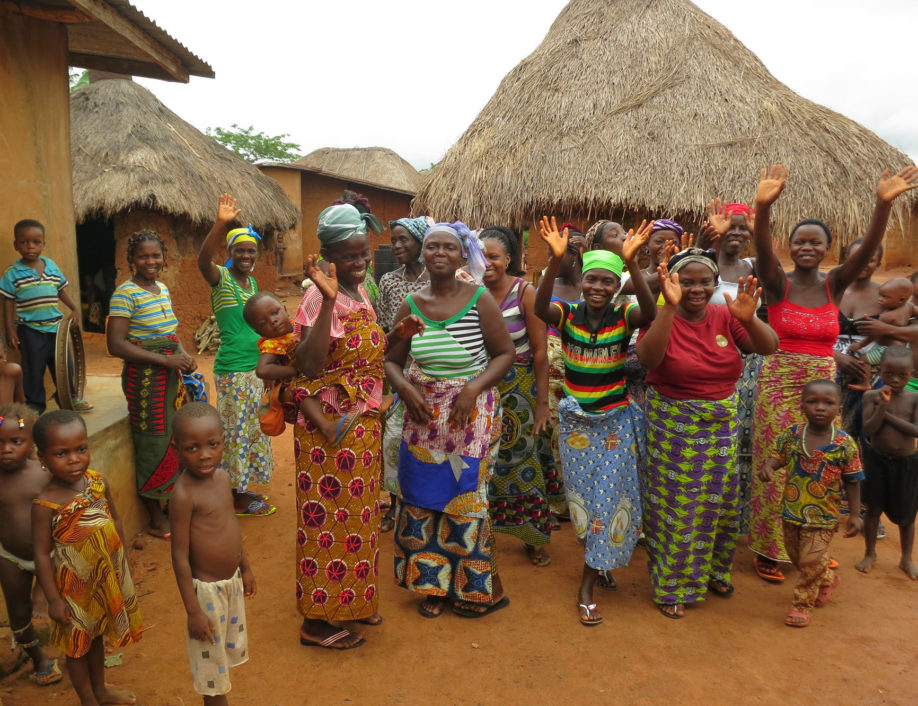
In Bénin, the informal savings group movement brought basic financial services to thousands of rural women. As the groups have matured and grown economically, our work with them expanded to bring new financial and health services.
With local partners, we are working with 120 mature savings groups - offering formal savings accounts that groups can manage via a mobile phone. To form and train new savings groups, we developed and are now employing a more sustainable grassroots approach that uses local community members as Community Agents.
To improve health, we offer savings groups family planning services, health education, health financing, and links to health providers. Today, over 17,000 savings group members have access to health through negotiated benefits with 43 public and private health providers. Health savings and health loans are also available to pay for services through savings group.
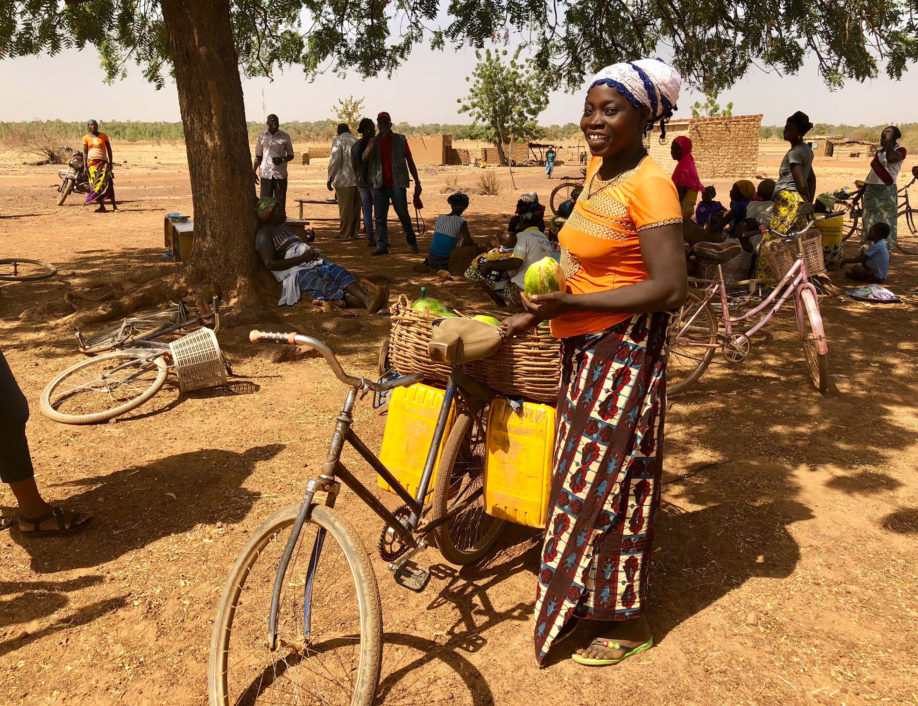
We have been working in Burkina Faso since 1993 to promote financial inclusion, poverty reduction, food security, health protection and resilience for poor rural women.
Burkina Faso is one of the poorest countries in Africa, with roughly 40 percent of the population living on less than $1.25 a day. It is a land-locked country located in the Sahel region on the edge of the Sahara Desert that has become a frequent target of terrorist attacks, especially in the Sahel region in the north. The livelihood of most of the population is based on natural resources, increasing the pressure on an already fragile ecosystem. Women are the primary farmers, but their lack of knowledge of new farming techniques means they use established practices that result in lower crop production.
Through the Building Resilience in Burkina Faso initiative, we worked with women’s savings groups to teach improved agriculture techniques, deliver financial services and educate group members and their families about health and nutrition.
Our Bridge to Financial Inclusion initiative is a large network of self-managed savings and lending groups led by our in-country partners. Group members receive high-quality financial education and access to specialized savings accounts through mobile technology as well as new financial products as they come available.
We piloted the pro-WEAI as part of the BRB program, whose purpose is to increase the resilience of vulnerable communities in disaster-affected regions of Burkina Faso by building women’s economic empowerment through a multi-sectoral integrated program. The work seeks to influence four areas of empowerment: Material Change; Relational Change; Cognitive Change; Perceptual Change.
To achieve this, Grameen partnered with two local NGOs leaders in the formation and development of Savings Groups methodologies in Burkina, the Solidarité et Entraide Mutuelle au Sahel (SEMUS) and the Office de Développement des Eglises Evangéliques (ODE), two MFIs, the Réseau des Caisses Populaires du Burkina (RCPB) and the Pan African Microfinance (formerly SOFIPE) an Ecobank subsidiary, and Orange (formally Airtel), a Mobile Network Operator. SEMUS and ODE have been benefiting from Grameen technical assistance since 2011 and have fully adopted Savings groups methodology to strengthen their work in agriculture, WASH, health and nutrition (SEMUS), local Government. RCPB, the largest MFI in Burkina and a Grameen partner since 1993 is a credit union network offering financial services to their members including loans, savings, insurance, health, and energy finance, the latter two developed with Grameen’s technical assistance. The Pan African Microfinance is an MFI committed to providing access to loans to rural women in Burkina. With the support of Grameen, the MFI strengthened its outreach in rural areas with savings services. Orange, the leading Mobile Network Operator in Burkina with the largest Mobile Money agents network, is partnering with the Pan African Microfinance to increase their savings service outreach in rural areas.
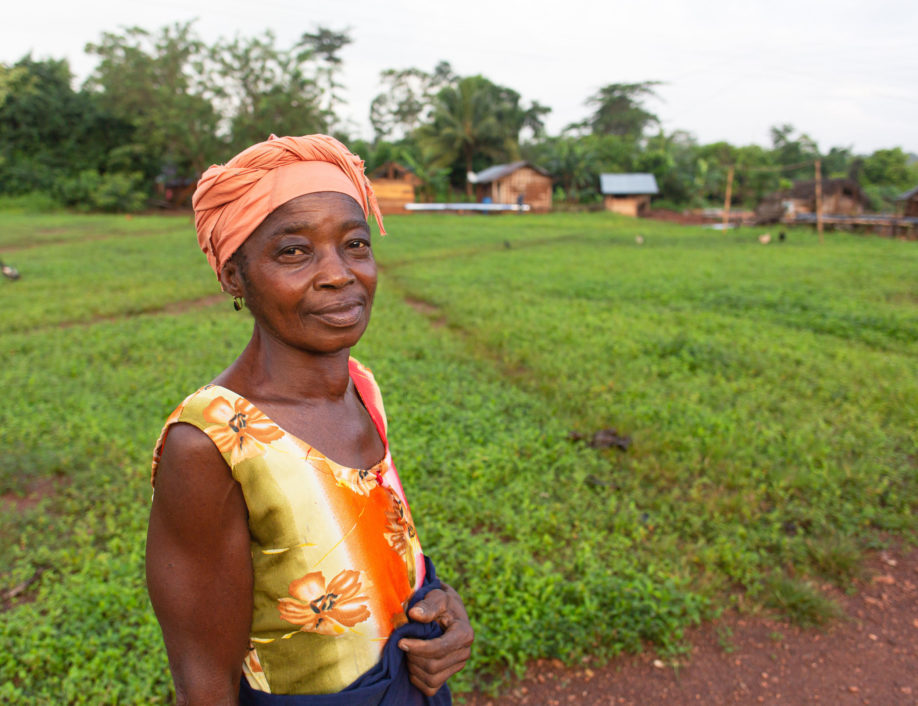
Grameen Foundation began funding several microfinance institutions in Ghana in 2009 to help expand their reach, especially in rural communities. During that period, we also began working with the Ghana Health Service and other partners, using mobile phones to improve the maternal and neonatal care in rural communities.
That project led to the creation of MOTECH (Mobile Technology for Community Health), a digital platform that is now used in more than 15 countries to improve health. It also spawned a model in which digitally enabled health services provide a continuum of care, from health facilities to community-based nurses and volunteers that ensure pregnant women can get the support they need.
We are now applying digital technology to design new solutions for Ghana’s smallholder farmers. More than half of the labor force in Ghana earns income from agriculture, and in the country’s north, about 88 percent of household livelihoods rely on farming. It is also here that food insecurity and hunger are most extreme.
Our solution engages farmers through multimedia such as call-in radio shows, and on-the-ground advisors, increasing their access to agricultural training, finance, and secure markets for their crops. Two hundred advisors work directly with 15,000 farmers, while radio programming and training videos reach more than another 200,000 farmers.
We are assisting small holder cocoa farms in Ghana increase farm yields from 400 kg/hectare to 1500 kg/hectare by developing a geo-data enabled agriculture service and technology platform.
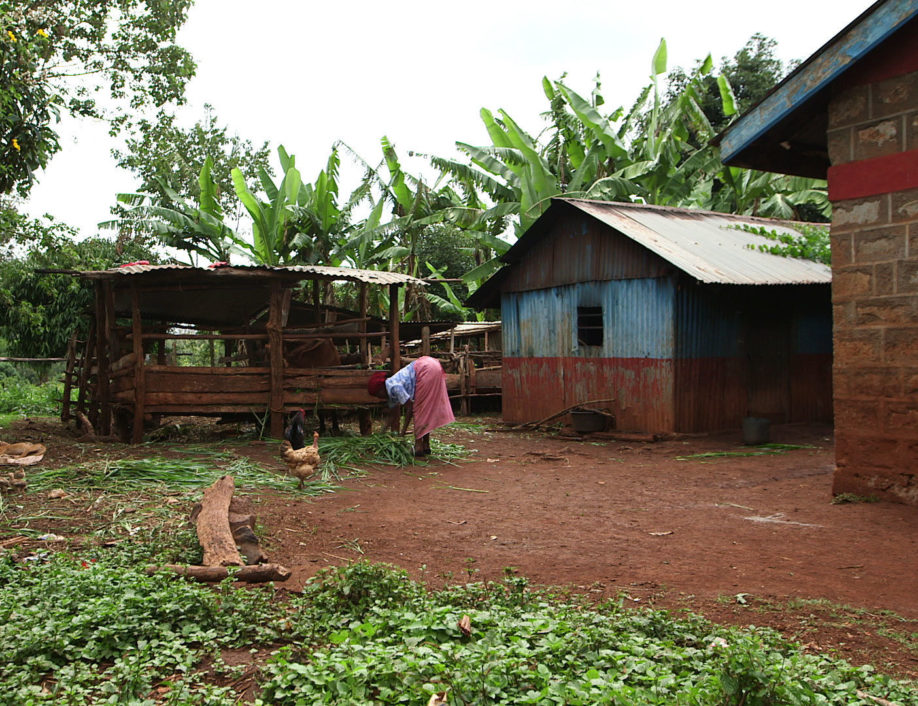
Kenya has been key to Grameen Foundation’s work in East Africa since 2010. We initially worked with microfinance institutions to improve their operational transparency and efficiency using an open-source management information system we developed, and invested in small, promising microfinance institutions.
Over the last fifteen years, Kenya has become a hub of African technology innovation. The country’s vibrant mobile money system has expanded financial inclusion for millions. Nonetheless, Kenya’s smallholder farmers still have a hard time getting a loan or participating in the formal financial system, and 42 percent of the population lives below the poverty line.
Our work taps the widespread availability of mobile phones to help poor households get better access to financial services and the information small-scale farmers needed to improve their productivity and incomes. We helped create and scale the country’s first agricultural loans designed specifically around the cash flow seasonality for smallholder farmers.
In partnership with the Rainforest Alliance, Touton, the University of Ghana, Satelligence and WaterWatch Projects, Grameen Foundation launched SAT4Farming, a social enterprise initiative. SAT4Farming is a geo-data enabled agriculture service and technology platform that complements the use of Digital Farm Development Plans with satellite imagery to design individual Farm Development Plans (FDPs). Smallholder cocoa farmers across Ghana have increased farm yields by up to 300 percent, improving their incomes and helping them build stronger businesses.
Grameen Foundation, in collaboration with USAID and International Executive Service Corps (IESC), is also currently working on Farmer-to-Farmer (F2F) Access to Finance initiative. Our goal is to help a broader population of farmers in Kenya, Tanzania and Sri Lanka become bankable, while also stimulating product innovation and improving post-loan support to borrowers. IESC and Grameen will source volunteers to support demand-driven capacity-building activities with local financial institutions, including commercial banks and MFIs; farmer groups and cooperatives; individual farmers; and savings groups and rural savings and credit cooperatives (SACCOS). As the technical lead in digital financial services, Grameen will leverage BwB’s extensive network of volunteers with backgrounds in banking, finance, IT, marketing and other fields to recruit and place 80 volunteers with a diverse set of host organizations over the 4.5-year program.
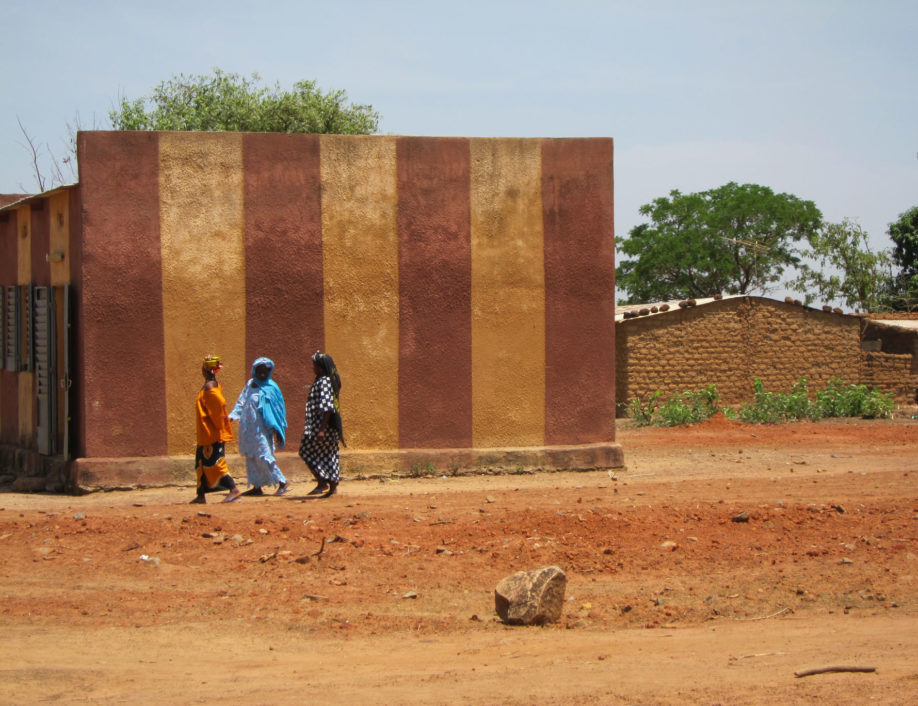
The integration of Grameen Foundation and Freedom from Hunger in October 2016 expanded our geographic footprint in Africa, and our combined work, along with our partners, supports poverty elimination in Mali.
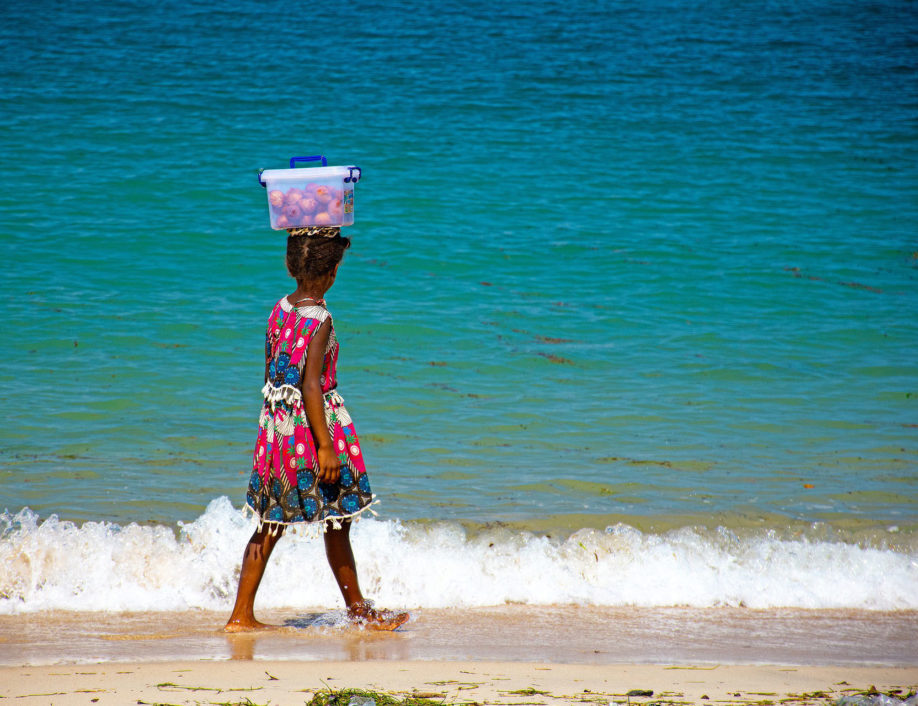
The integration of Grameen Foundation and Freedom from Hunger in October 2016 expanded our geographic footprint in Africa, and our combined work, along with our partners, supports poverty elimination in Madagascar.
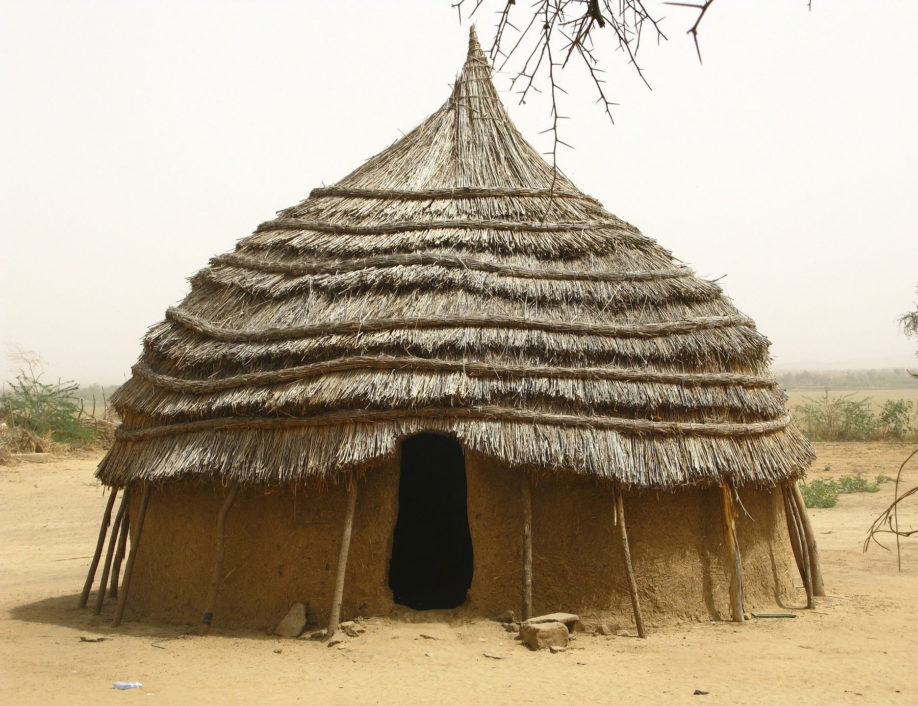
The integration of Grameen Foundation and Freedom from Hunger in October 2016 expanded our geographic footprint in Africa, and our combined work, along with our partners, supports poverty elimination in Niger.
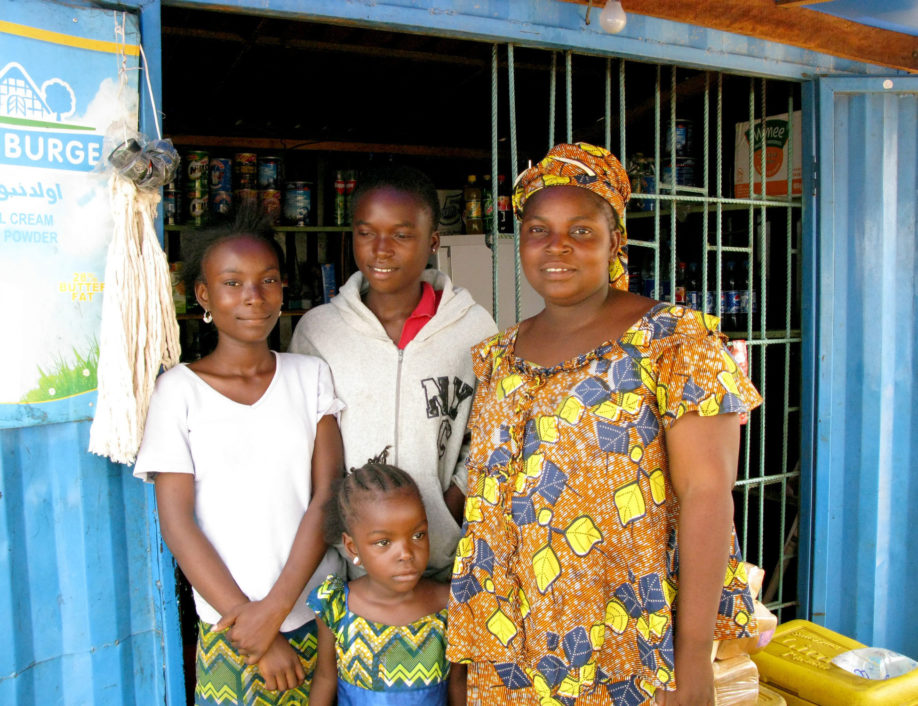
The integration of Grameen Foundation and Freedom from Hunger in October 2016 expanded our geographic footprint in Africa, and our combined work, along with our partners, supports poverty elimination in Nigeria.
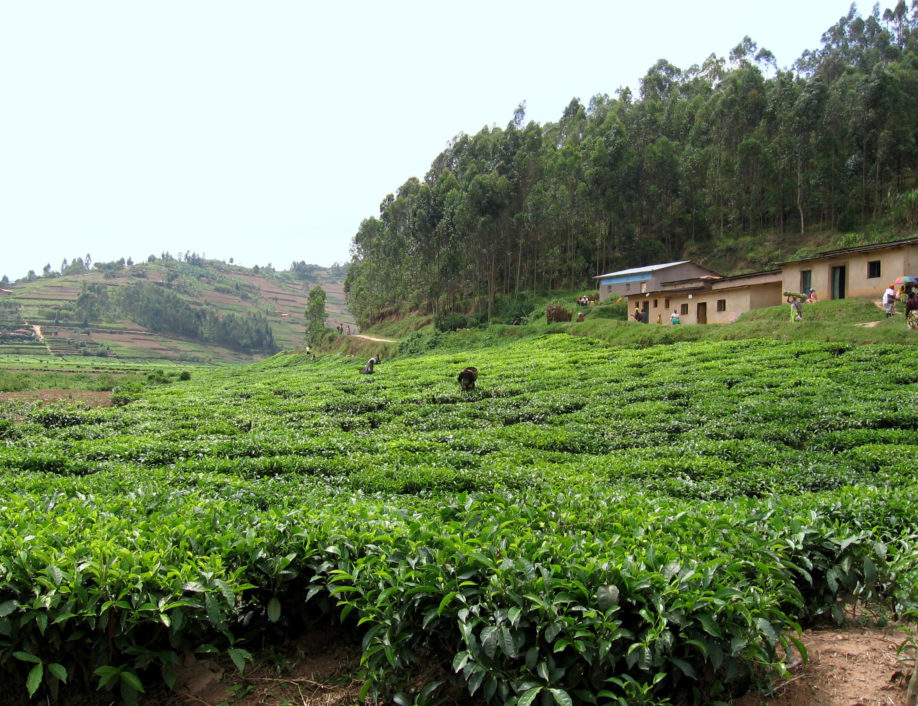
As part of EBODAC consortium’s effort to help curb the number of people infected with Ebola and limit the spread of the disease in the event of future outbreaks, Grameen Foundation is supporting the emergency outbreak response in Rwanda with a vaccine campaign using community engagement, communications and enabling tools. Mobile Training and Support Service (MOTS) are being used to train Community Health Workers (CHWs) in the Western province. Impact goal for this communication program is to increase uptake of the vaccine and compliance to its prime-boost regimen, to reduce the fear in the affected countries and neighbouring countries alike, and to increase awareness and knowledge around the disease and vaccination in general.
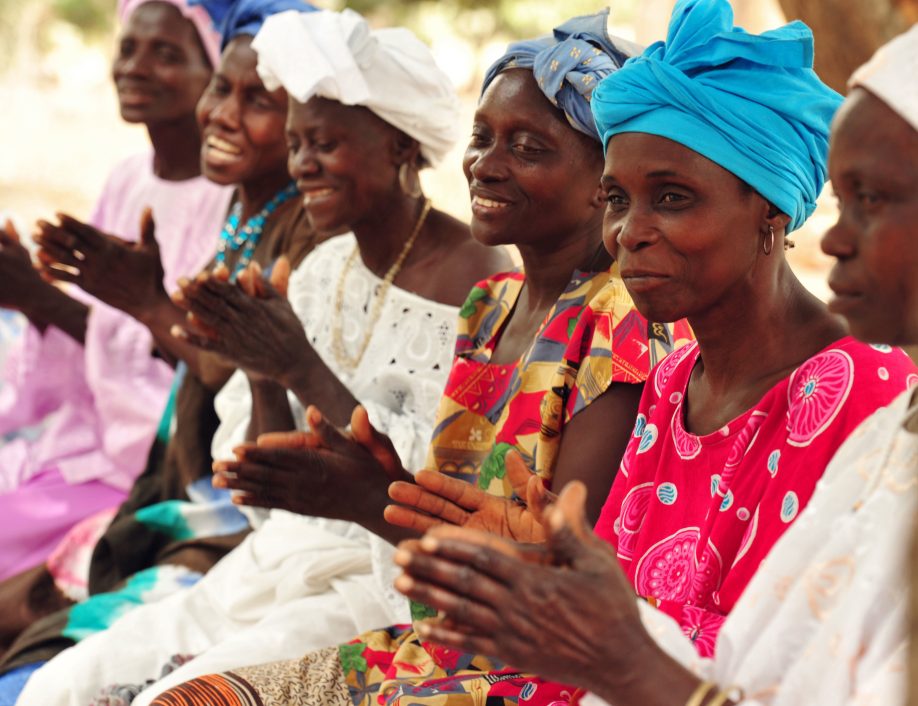
The integration of Grameen Foundation and Freedom from Hunger in October 2016 expanded our geographic footprint in Africa, and our combined work, along with our partners, supports poverty elimination in Senegal.
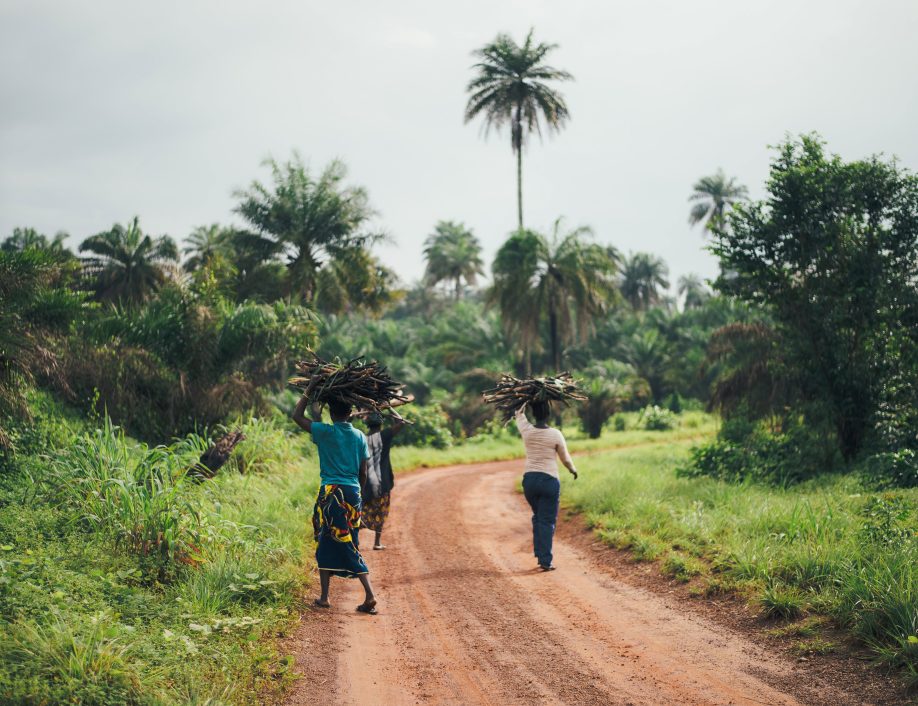
The deep connection between poverty and health is apparent every day in Sierra Leone and came starkly to the forefront during the 2014-15 Ebola outbreak. At that time, there were fewer than 500 doctors for a population of six million. There were five ambulances, and 16 specialized obstetric care centers for the whole country. Life expectancy at birth was 45 years, and the per capita GDP was US $2,100.
Then Ebola hit. The outbreak in Sierra Leone, Guinea and Liberia swiftly claimed 11,310 lives, and sickened 28,616 people. Nearly one-third of deaths and half of cases were in Sierra Leone. More than one hundred physicians, and many more nurses and nurse’s AIDS died from the virus. And there was another casualty: trust in a health care system that had just begun to register gains for the population.
Since then, the stricken countries have been rebuilding their economies, their health systems, and their people’s trust. It is in this situation that health care providers and ordinary citizens are participating in a clinical trial of a promising new vaccine against Ebola.
We helped to facilitate the vaccine trial through the use of MOTECH, which we developed as an open source mobile health platform. As part of the EBODAC Consortium, we are using MOTECH to keep trial volunteers engaged and connected. Mobile phone technology can enable widespread reach in rural, underserved settings. In the EBODAC trial, participants receive customized clinic visit reminders and missed appointment messages in their local language. Project monitoring has shown that upon answering their phones, recipients listen to almost 100 percent of messages in their entirety, showing MOTECH to be a valuable asset to a complex clinical trial.
We are currently deploying an mHealth platform to support the vaccine adherence by providing access to information, services and tracking. Phases will be (1) Trial, (2) Roll out (could be millions), (3) provide the system to each Mobile Health Worker (MoH) to roll-out national vaccine campaigns. Deploying a Mobile Training and Support (MOTS) service to train for CHWs using interactive voice response (IVR) technology. This training platform delivers voice recorded training content in local languages on two training modules: one on Vaccines Vaccination and the other on (Ebola) Disease Surveillance & outbreak response. IVR messages were delivered in the chosen language of the CHWs via their own mobile phones, be it basic-feature phones or smart phones.
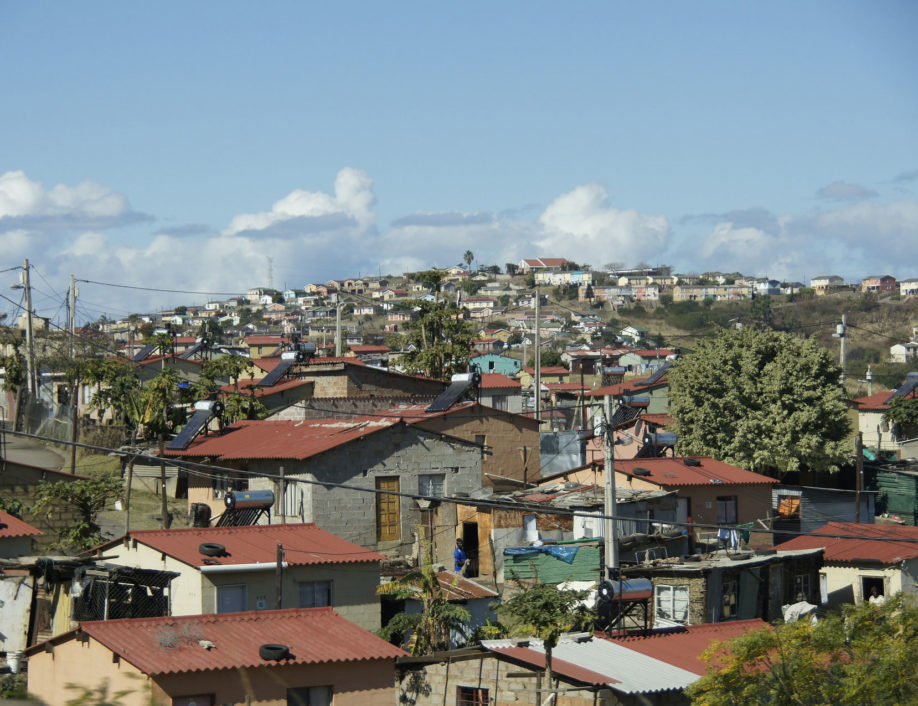
The integration of Grameen Foundation and Freedom from Hunger in October 2016 expanded our geographic footprint in Africa, and our combined work, along with our partners, supports poverty elimination in South Africa.
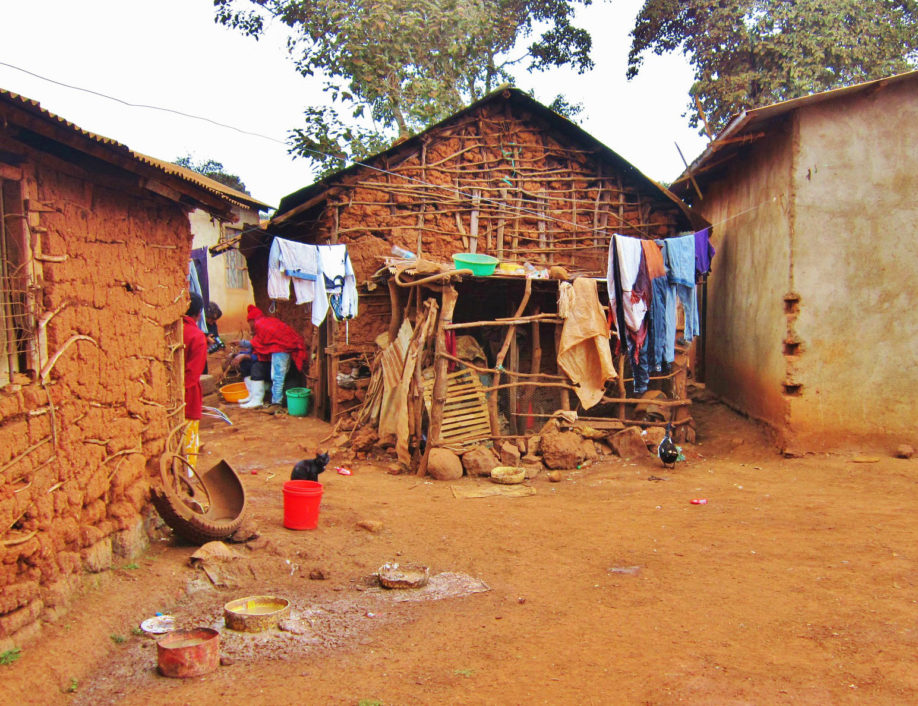
Grameen Foundation expanded its East Africa operations to Tanzania in 2017. Our initial work focused on helping farmers get the financing they need to buy quality seeds, fertilizer and other inputs, and the information they need to use them appropriately.
Access to such inputs is a major challenge for Tanzania’s smallholder farmers, who are responsible for over 75 percent of the country’s agricultural production. Yet, their average rate of fertilizer use was just 5kg per hectare per year (2010), compared to a world average of 100kg. The lack of access to crucial farm inputs and understanding of their sustainable and safe use has contributed to a downward spiral in soil health and farmers’ low yields.
To address these problems, we have been working with partners to bundle agriculture information and financial services. The goal is to create customized crop investment plans for each farmer and allow farmers to gradually pre-pay via mobile money the price of the inputs they need, at discounted prices. This will give farmers access to fertilizer and seeds they need, when they need them.
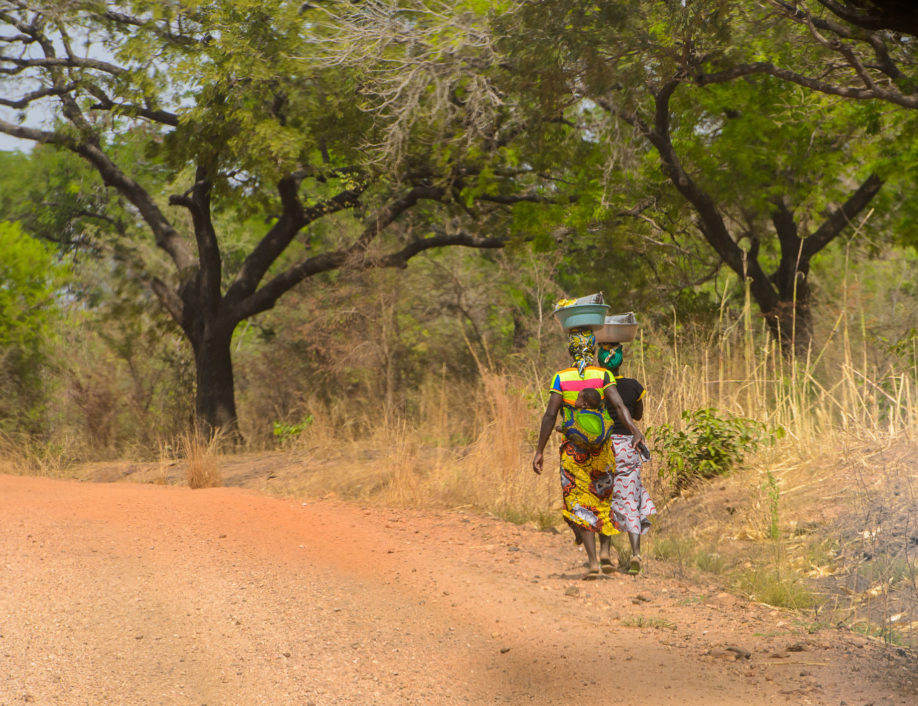
The integration of Grameen Foundation and Freedom from Hunger in October 2016 expanded our geographic footprint in Africa, and our combined work, along with our partners, supports poverty elimination in Togo.
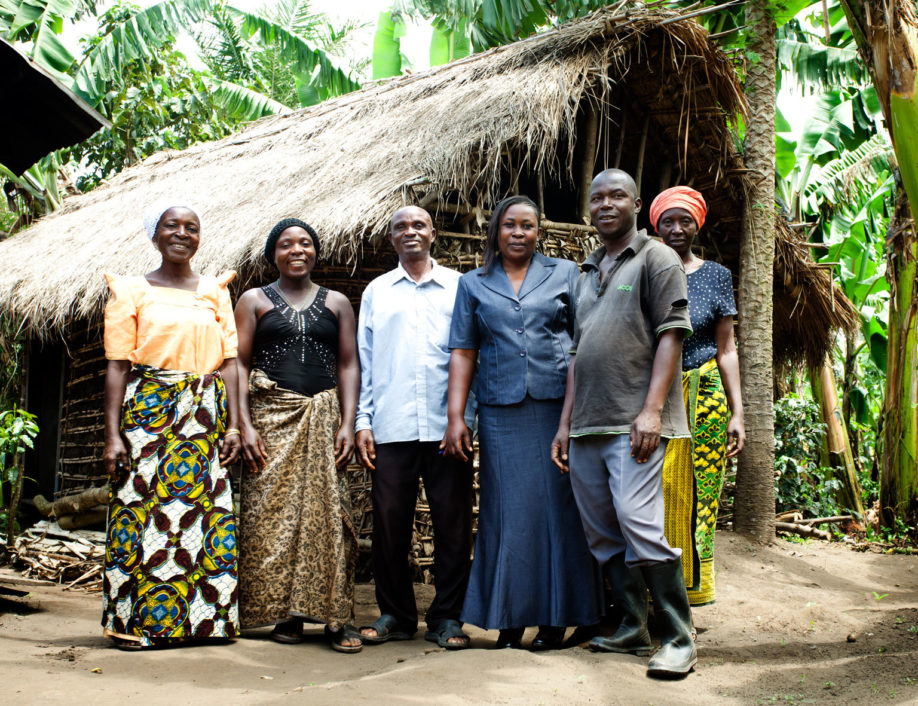
We first began working in Uganda in 2002, when we partnered to establish the first Village Phone program outside of Bangladesh. The initiative gave poor, rural communities access to affordable phone service and created mobile-based businesses. That experience led to the eventual creation of all of our global digital initiatives in agriculture, including the Community Agent networks. Networks of peer advisors used mobile technology to advise farmers on increasing their output and connecting to markets.
Our work in Uganda has supported informal village savings and loan groups through technology that digitizes group savings accounts using mobile phones, increasing the ease, security and transparency of saving and encouraging financial institutions to extend their reach to the rural poor, engaging more than 170,000 rural customers.
Grameen Foundation is currently working to increase the access of Village Savings and Loan Associations in refugee settlements in Koboko, Morobi and Adjumani to a digital group savings wallet and linkage to formal savings accounts using Grameen Foundation’s Ledger Link product as well as credit services for youth and adults who have lost their working assets.
Grameen is also currently working to jump-start financial inclusion in the Bidi Bidi refugee camp, in northwestern Uganda, the largest refugee settlement in the country, and the second-largest refugee camp in the world. Bidi Bidi hosts 220,000 refugees who have fled the devastation and humanitarian crisis of the protracted civil war in South Sudan. In contrast to long-established refugee settlements elsewhere in the country, the inhabitants of Bidi Bidi are newcomers: all of them have arrived since the 2016 “July Crisis” in South Sudan.
Because of the long-term stability, favorable policy and social environment, and freedom of movement in Uganda, the majority of refugees in more established camps are either already engaging in small businesses or would like to start one; a recent World Bank study cited that 72 percent of refugees are operating some sort of micro or agri-business. But at Bidi Bidi, the relationships and arrangements among people that create an active economy have not had time to develop, and economic activity remains low. These refugees arrived with literally just the clothes on their back and the few assets they could carry and are to a greater extent than most refugees in Uganda, still struggling to establish themselves and supplement the limited support NGOs and the UN can provide.
Grameen Foundation in partnership with Rural Finance Initiative, a microfinance institution based in West Nile, Uganda, hopes to sustainably increase access and usage of savings and credit financial services to women refugees and their host communities by promoting digital linkages between savings groups (Village Savings and Loan Associations or VSLA) and Rural Finance Initiative through the use of Ledger Link, an e-recording tool that digitizes the process of record-keeping within savings groups. Our goal is to increase access to finance to South Sudanese refugees, especially women living in Bidi Bidi and Palorinya refugee settlements and host communities in West Nile Uganda, to contribute to their overall household resilience and economic well-being.
Also, in Uganda, we are engaged with Groupe Speciale Mobile Association (GSMA) and local commercial, development and humanitarian partners to promote mobile money services, gender and inclusivity, food security, digital identity, and mobile-enabled utilities.
In collaboration with USAID and the University of California Davis, Feed the Future Assets and Markets Innovation Lab (UCD), we are working to increase the uptake of quality products through Village Insurance-Savings Accounts (VISAs). The VISAs will be offered to existing savings group members in Uganda to enable potential insurance clients to develop a savings plan and contribute regularly to a savings account dedicated to the purchase of index insurance. This will also allow aggregation of insurance demand, which releases a major constraint to insurance companies from participating in agricultural insurance, and education to potential insurance clients about both the benefits and limitations of agricultural index insurance.
Finally, Grameen has partnered to curb the number of people infected with Ebola and limit the spread of the disease in case of future outbreaks. Impact goal for this communication program is to increase uptake of the vaccine and compliance to its prime-boost regimen, to reduce the fear in the affected countries and neighboring countries alike, and to increase awareness and knowledge around the disease and vaccination in general. Our mHealth platform offers mobile Training and Support (MOTS) service to train for CHWs using interactive voice response (IVR) technology to deliver voice recorded training content in local languages on two training modules: one of on Vaccines Vaccination and the other on (Ebola) Disease Surveillance & outbreak response. IVR messages are delivered in the CHW’s chosen language to their own mobile phones whether they are feature phones or smartphones.
Grameen Foundation has supported microfinance across the Middle East and North Africa since 2003. Our local partner efforts have supported 21 microfinance institutions that collectively reached 1 million clients in 11 countries across the Middle East, North Africa and Turkey.
Grameen Foundation will continue to support financial inclusion in the region through strategic collaborations, including our volunteer program, Bankers without Borders.
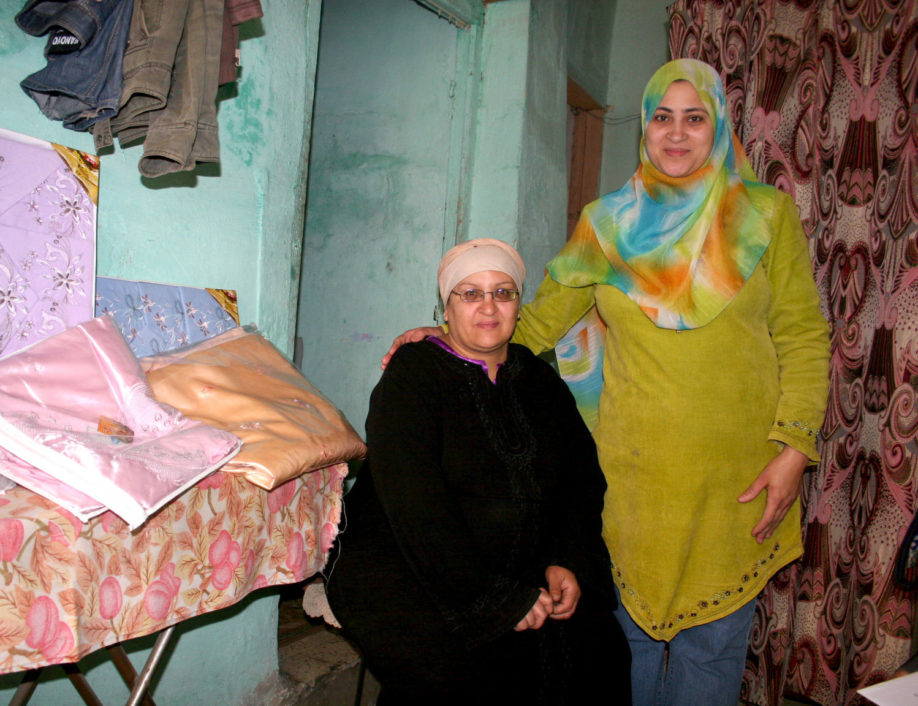
Grameen Foundation has supported microfinance across the Middle East and North Africa since 2003. Our our local partner efforts have supported 21 microfinance institutions that collectively reached 1 million clients in 11 countries, including Egypt.
Grameen Foundation will continue to support financial inclusion in the region through strategic collaborations, including our volunteer program, Bankers without Borders.
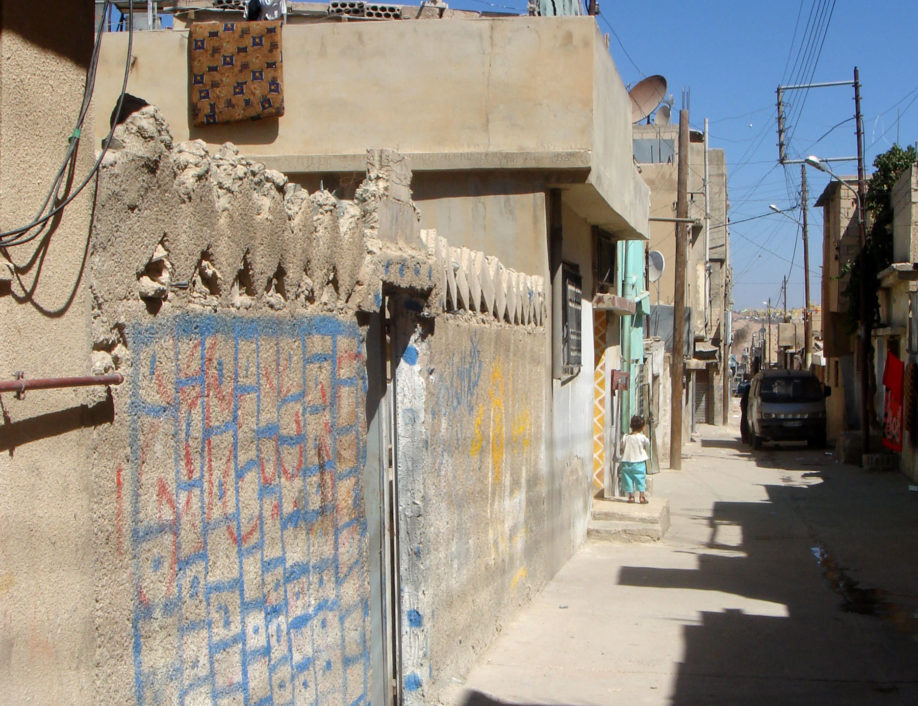
Grameen Foundation has supported microfinance across the Middle East and North Africa since 2003. Our local partner efforts have supported 21 microfinance institutions that collectively reached 1 million clients in 11 countries, including Jordan.
Grameen Foundation will continue to support financial inclusion in the region through strategic collaborations, including our volunteer program, Bankers without Borders.
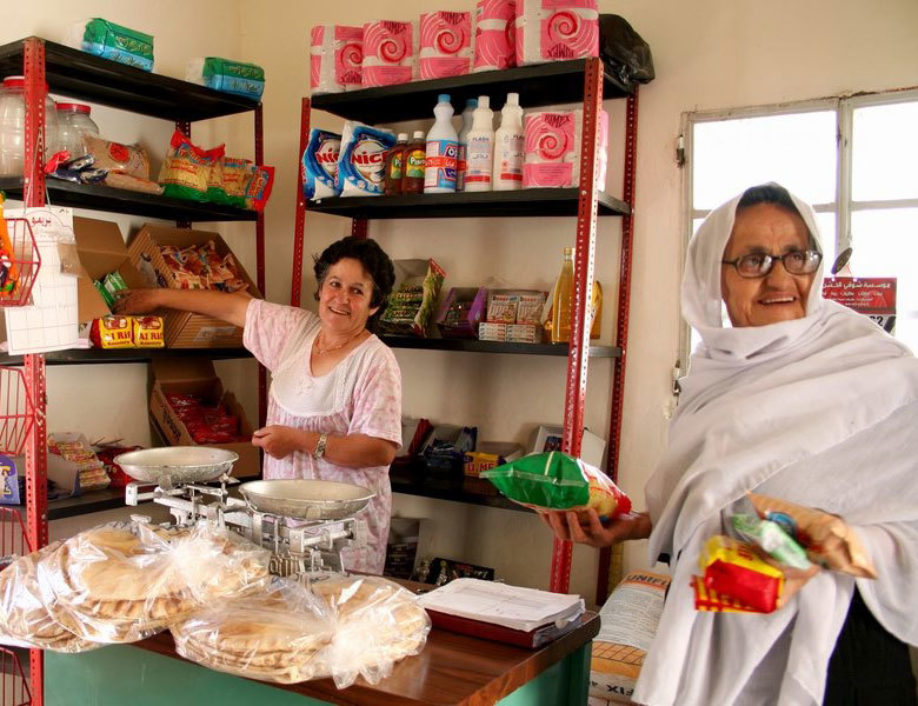
Grameen Foundation has supported microfinance across the Middle East and North Africa since 2003. Our our local partner efforts have supported 21 microfinance institutions that collectively reached 1 million clients in 11 countries, including Lebanon.
Grameen Foundation will continue to support financial inclusion in the region through strategic collaborations, including our volunteer program, Bankers without Borders.
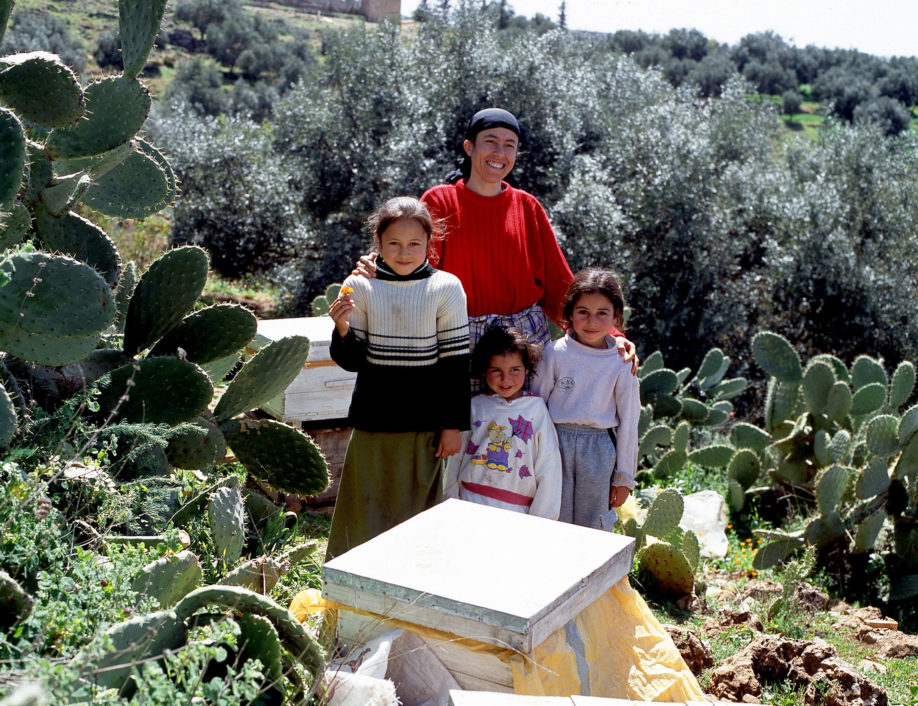
Grameen Foundation has supported microfinance across the Middle East and North Africa since 2003. Our our local partner efforts have supported 21 microfinance institutions that collectively reached 1 million clients in 11 countries, including Morocco.
Grameen Foundation will continue to support financial inclusion in the region through strategic collaborations, including our volunteer program, Bankers without Borders.
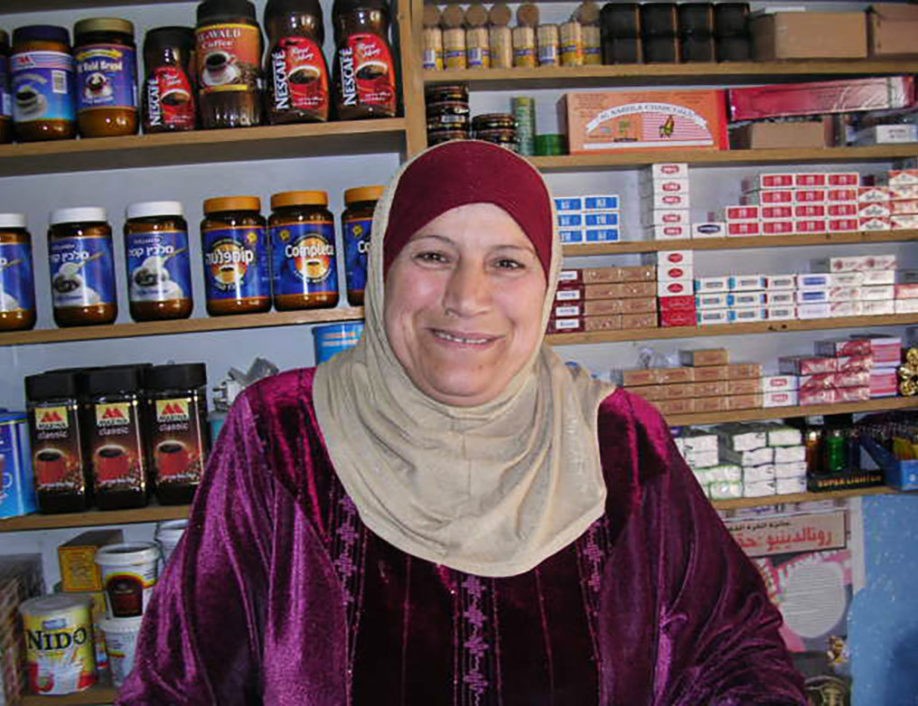
Grameen Foundation has supported microfinance across the Middle East and North Africa since 2003. Our local partner efforts have supported 21 microfinance institutions that collectively reached 1 million clients in 11 countries, including Palestine.
Grameen Foundation will continue to support financial inclusion in the region through strategic collaborations, including our volunteer program, Bankers without Borders.
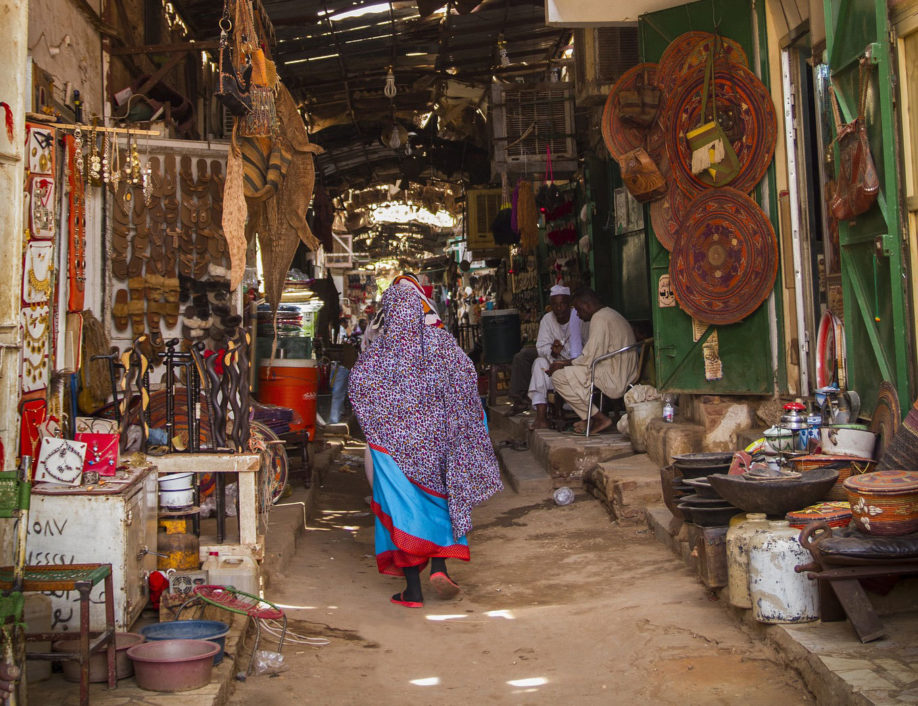
Grameen Foundation has supported microfinance across the Middle East and North Africa since 2003. Our local partner efforts have supported 21 microfinance institutions that collectively reached 1 million clients in 11 countries, including Sudan.
Grameen Foundation will continue to support financial inclusion in the region through strategic collaborations, including our volunteer program, Bankers without Borders.
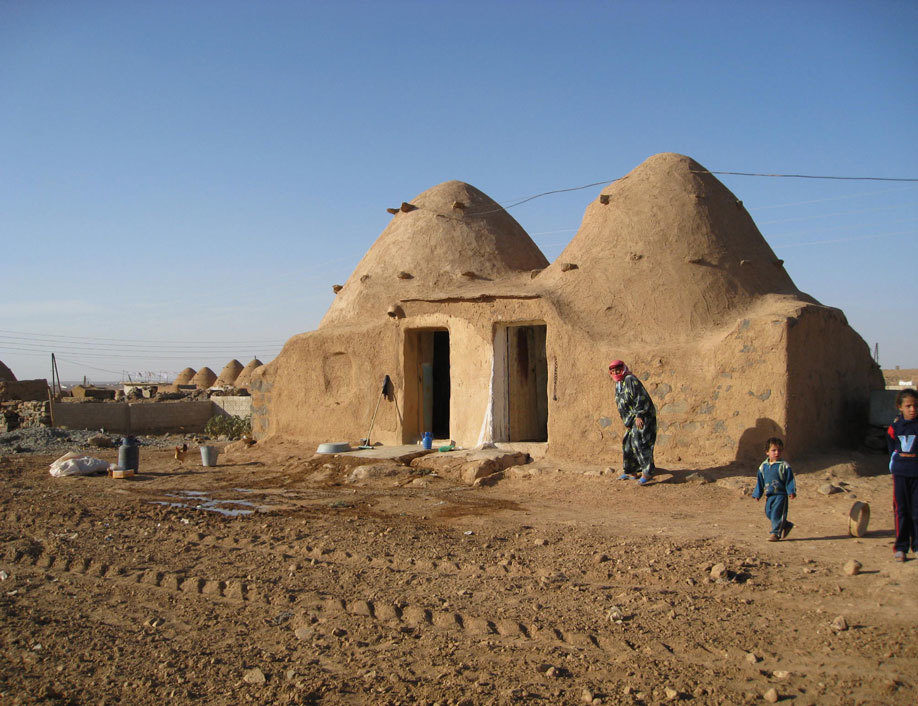
Grameen Foundation has supported microfinance across the Middle East and North Africa since 2003. Our local partner efforts have supported 21 microfinance institutions that collectively reached 1 million clients in 11 countries, including Syria.
Grameen Foundation will continue to support financial inclusion in the region through strategic collaborations, including our volunteer program, Bankers without Borders.
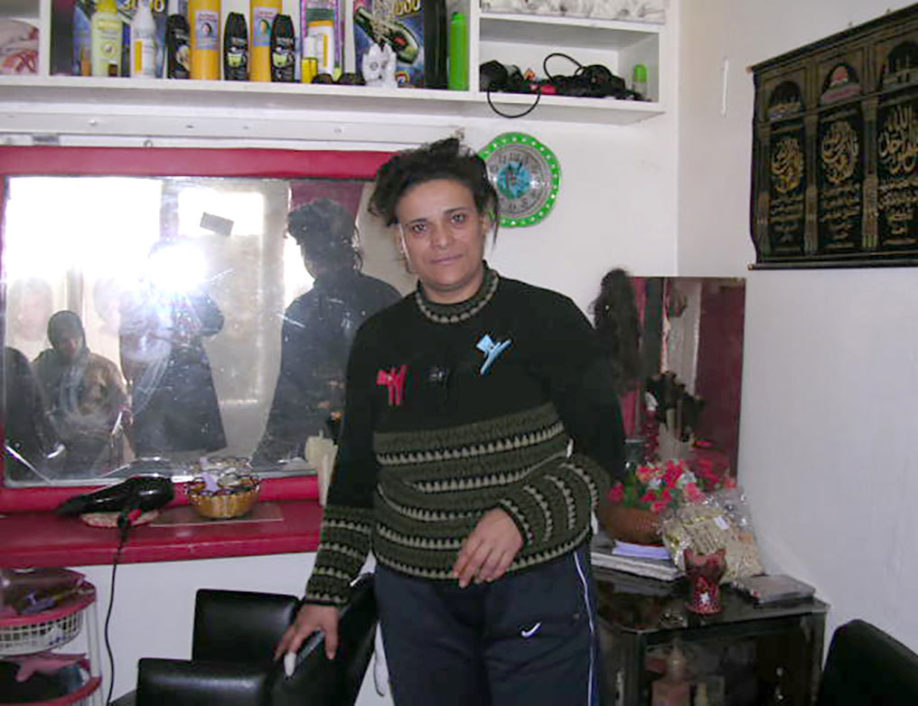
Grameen Foundation has supported microfinance across the Middle East and North Africa since 2003. Our local partner efforts have supported 21 microfinance institutions that collectively reached 1 million clients in 11 countries, including Tunisia.
Grameen Foundation will continue to support financial inclusion in the region through strategic collaborations, including our volunteer program, Bankers without Borders.
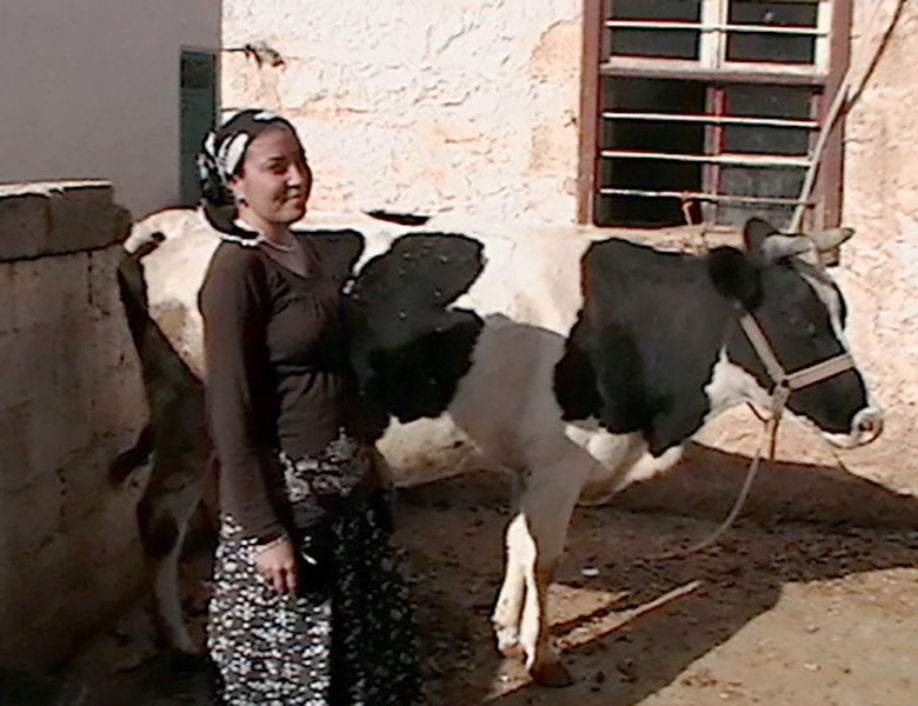
Grameen Foundation has supported microfinance across the Middle East and North Africa since 2003. Our local partner efforts have supported 21 microfinance institutions that collectively reached 1 million clients in 11 countries, including Turkey.
Grameen Foundation will continue to support financial inclusion in the region through strategic collaborations, including our volunteer program, Bankers without Borders.
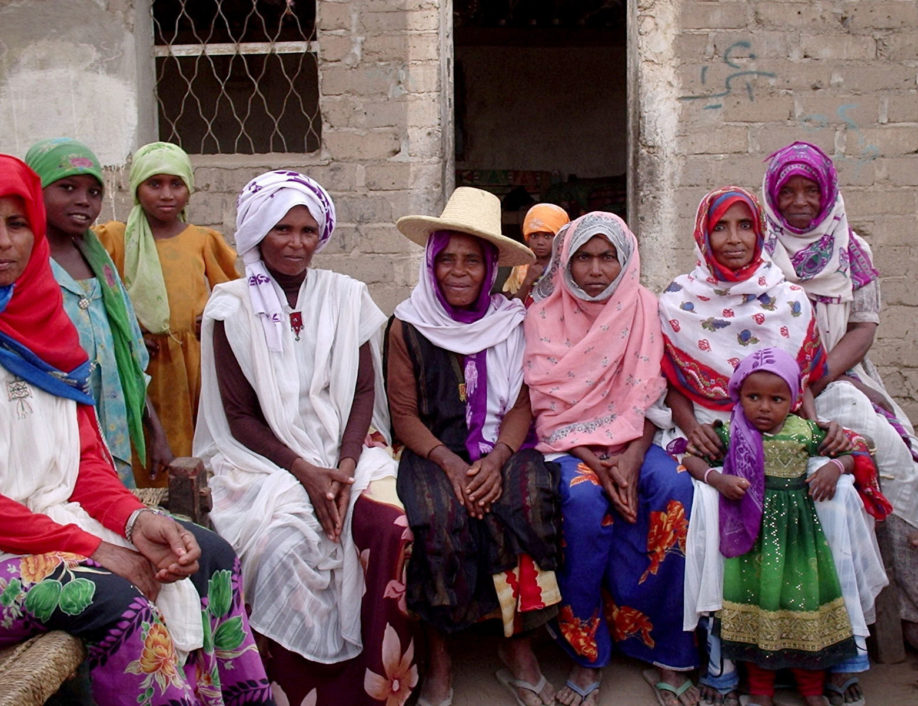
Grameen Foundation has supported microfinance across the Middle East and North Africa since 2003. Our local partner efforts have supported 21 microfinance institutions that collectively reached 1 million clients in 11 countries, including Yemen.
Grameen Foundation will continue to support financial inclusion in the region through strategic collaborations, including our volunteer program, Bankers without Borders.
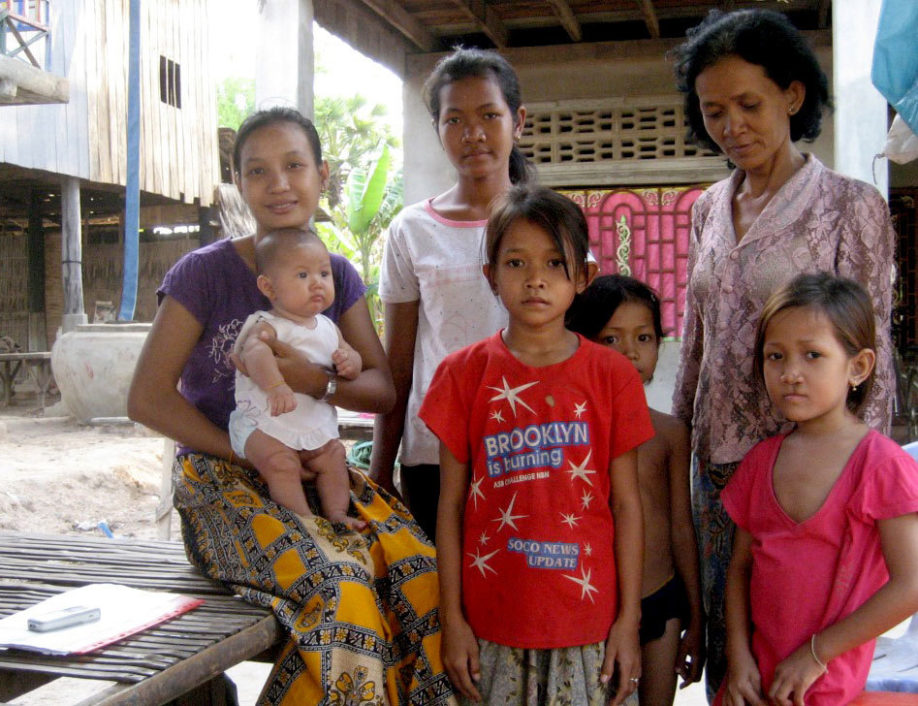
The integration of Grameen Foundation and Freedom from Hunger in October 2016 expanded our geographic footprint and our combined work, along with our partners, supports poverty elimination in Cambodia.
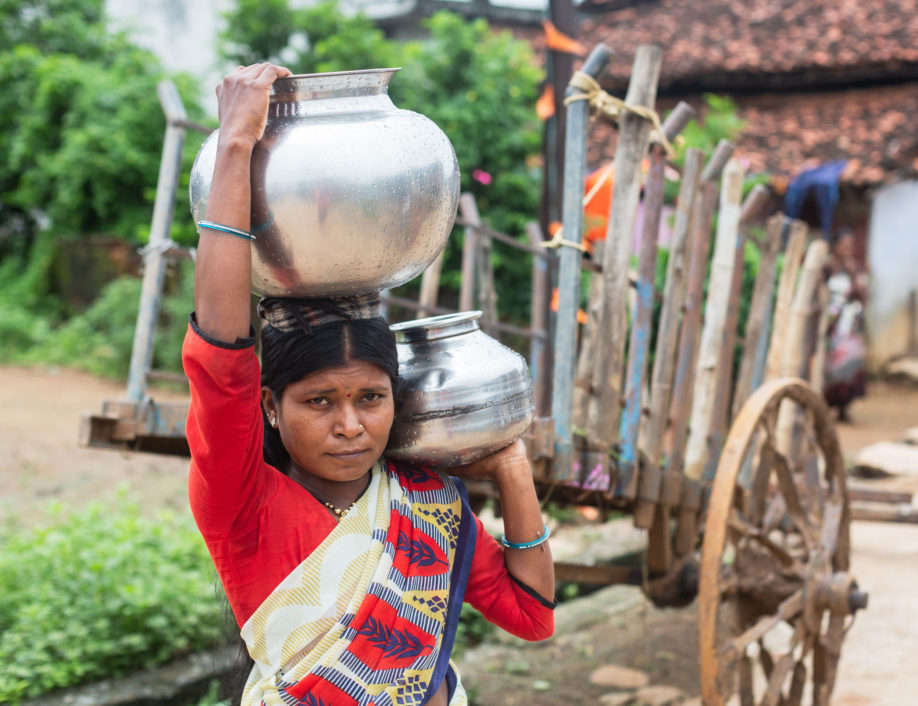
When we began working in India in 1998, microfinance institutions were emerging as a significant force in providing poor, rural communities with financial services. During the early years of our work, we gave funding and technical advice to microfinance institutions to help them reach and serve even more people and partnered with microfinance associations on industry-wide initiatives aimed at strengthening the entire sector.
India has experienced tremendous economic growth and urbanization in the past two decades and is no longer home to the largest number of poor people, with 5.5 percent now living below the poverty line. In sheer numbers, this relatively small percentage translates to 73 million people. The most significant challenges are in rural areas. Digital technology offers exciting new ways to reach these communities.
Through our subsidiary, Grameen Foundation India, and through Freedom from Hunger India Trust, an independent affiliate, we work with government agencies, microfinance institutions, commercial banks, mobile network providers and others to make financial services and health information more accessible and affordable to underserved households, particularly women. Our joint venture company, Grameen Capital India, also helps socially-minded organizations get the funding they need to effectively serve their clients.
We have a number of key partner projects underway. These include:
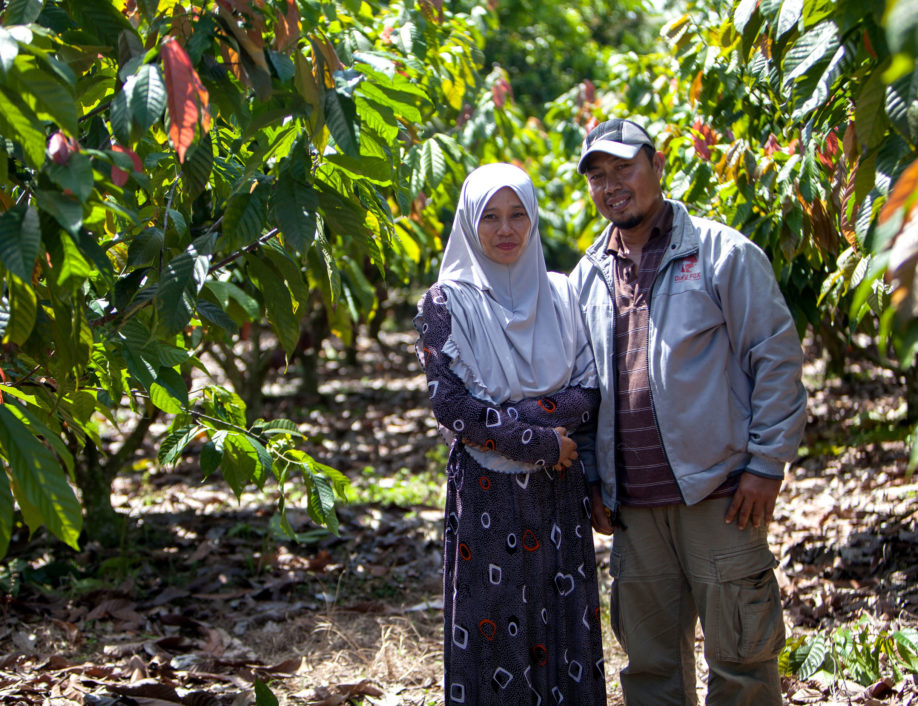
We began working in Indonesia in 2005, following the devastating Asian tsunami. Initially, we provided funding and technical support to help microfinance institutions extend their services to Aceh, the hardest-hit province in Indonesia, and later began working with institutions outside the province. In 2007, we helped create a network of micro-entrepreneurs who provided telecommunication services to their neighbors. That work also gave birth to TaroWorks™, a mobile-based tool that helps social enterprises and nonprofit organizations manage their field operations.
Economic growth over the last 20 years has benefited many Indonesians, however nearly 10 percent still live below the poverty line and many more, nearly 21 percent, live in danger of falling into poverty because their income is precariously just above the poverty line. Poverty is concentrated in rural areas, where agriculture and low-end service sector jobs predominate.
Drawing on our experience in both financial services and technology in Indonesia, we are working with partners to improve the livelihoods of Indonesia’s cocoa farmers using digital technology. Currently, only 12 percent of cocoa farmers earn a living income.
Through the work of digitally empowered local farm development agents, Grameen Foundation is employing data and digital technology to help cocoa farmers improve sustainable farming practices and grow their productivity to dramatically improve their income and well-being.
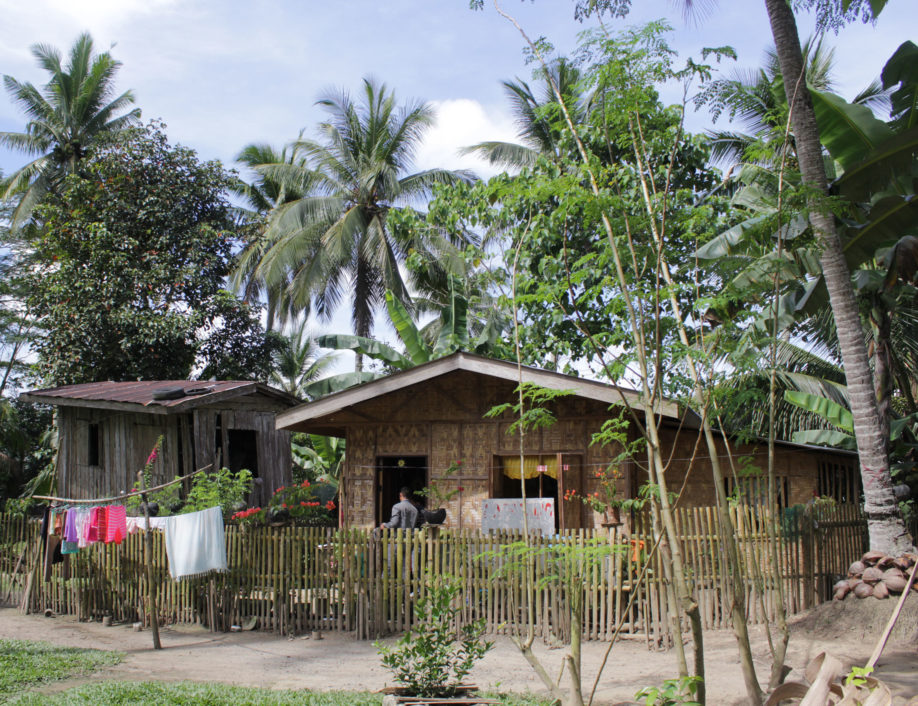
Grameen Foundation began working in the Philippines in 2000, just after the government launched a new strategy to build the country’s microfinance sector. Initially, we provided direct funding and technical assistance to microfinance institutions, helping to strengthen their operations and expand services to poor communities across the country’s main islands.
Our focus in the Philippines has been providing banking to the unbanked. And progress here is remarkable. Just a few years ago, almost half of Filipinos lacked formal financial services like savings accounts. With the explosion of fin-tech, the Philippines has proven a perfect conduit for digital financial services. Necessitated by the physical reality of being a nation of 7,107 islands, Filipinos are also young and tech-inclined: the median age is 25, mobile subscription rates are 100 percent and two-thirds of the population uses the Internet. Fin-tech firms and regulators are now focused on integrating financial services, mobile payments, remittances, online lending, and small and medium-sized enterprise financing. Grameen has worked to improve the usability of digital financial services among low-income populations and our Community Agent Network (CAN) in the Philippines has helped provide financial services to underserved communities on far-flung islands through neighborhood sari-sari (variety) stores.
In addition, Grameen Foundation has worked with partners to expand financial inclusion and build the resilience of Filipino smallholder farmers, particularly coconut farmers who supply the majority of the world’s coconut oil. Among the poorest households in the Philippines with 60 percent living at or below the national poverty line, they are highly vulnerable to natural disasters of increasing intensity. Without easy access to credit and insurance, they have little means to recover and rebuild. Other work has addressed these issues as well as other barriers such as low productivity, lack of direct market access and lack of access to appropriate financial services.
We are currently active on several partner initiatives, including:
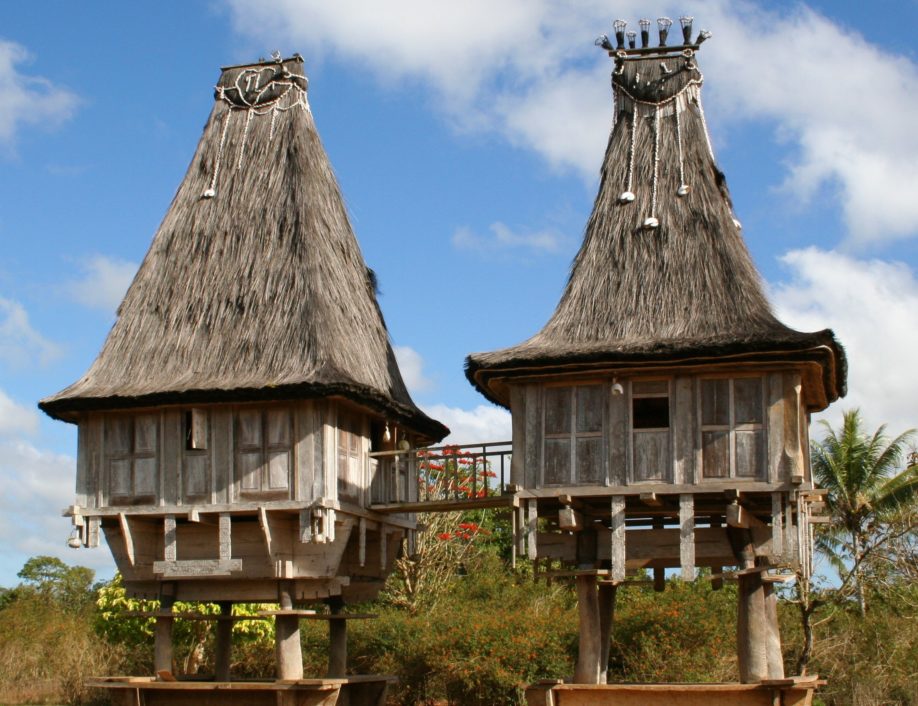
Grameen began working in Timor Leste in 2020 through its participation in the DOS/GWI-funded Women and Girls Empowered (WAGE) program and Consortium. Grameen is offering technical assistance and small grants to facilitate mutually-beneficial, sustainable linkages between leading microfinance organizations and women's empowerment organizations. These linkages - to financial, business and social support services (including for gender-based violence) - will enable female entrepreneurs to access a more holistic set of services to help them grow and improve the resilience of their businesses. A research and learning component will support future replication, adaptation, and scaling of this model.
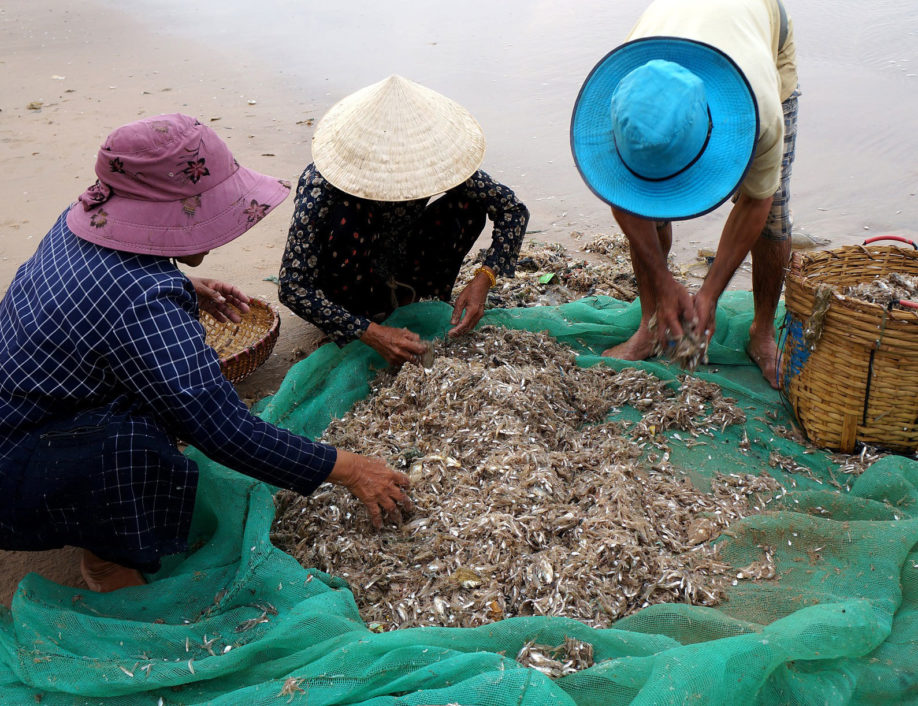
The integration of Grameen Foundation and Freedom from Hunger in October 2016 expanded our geographic footprint and our combined work, along with our partners, supports poverty elimination in Vietnam.